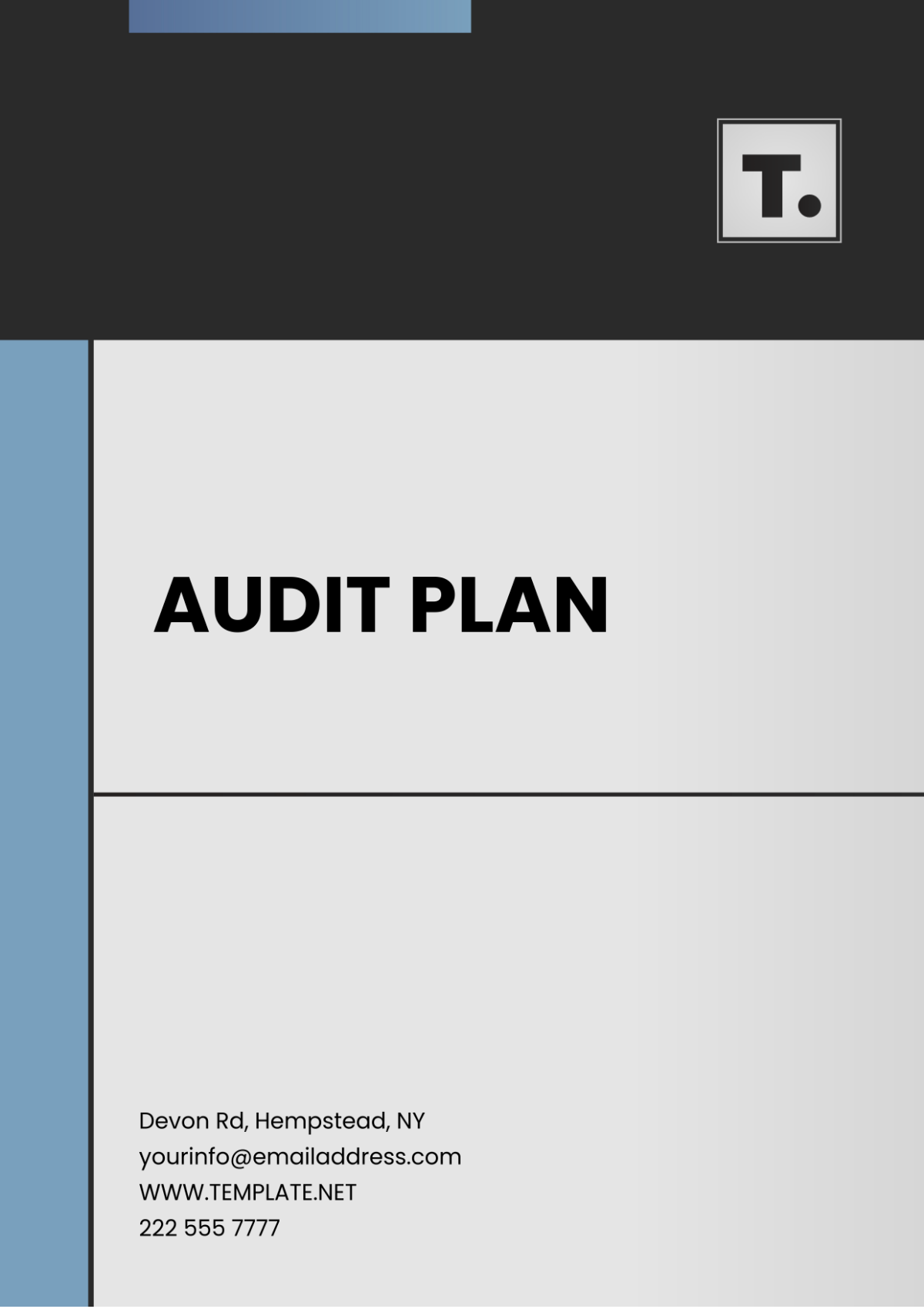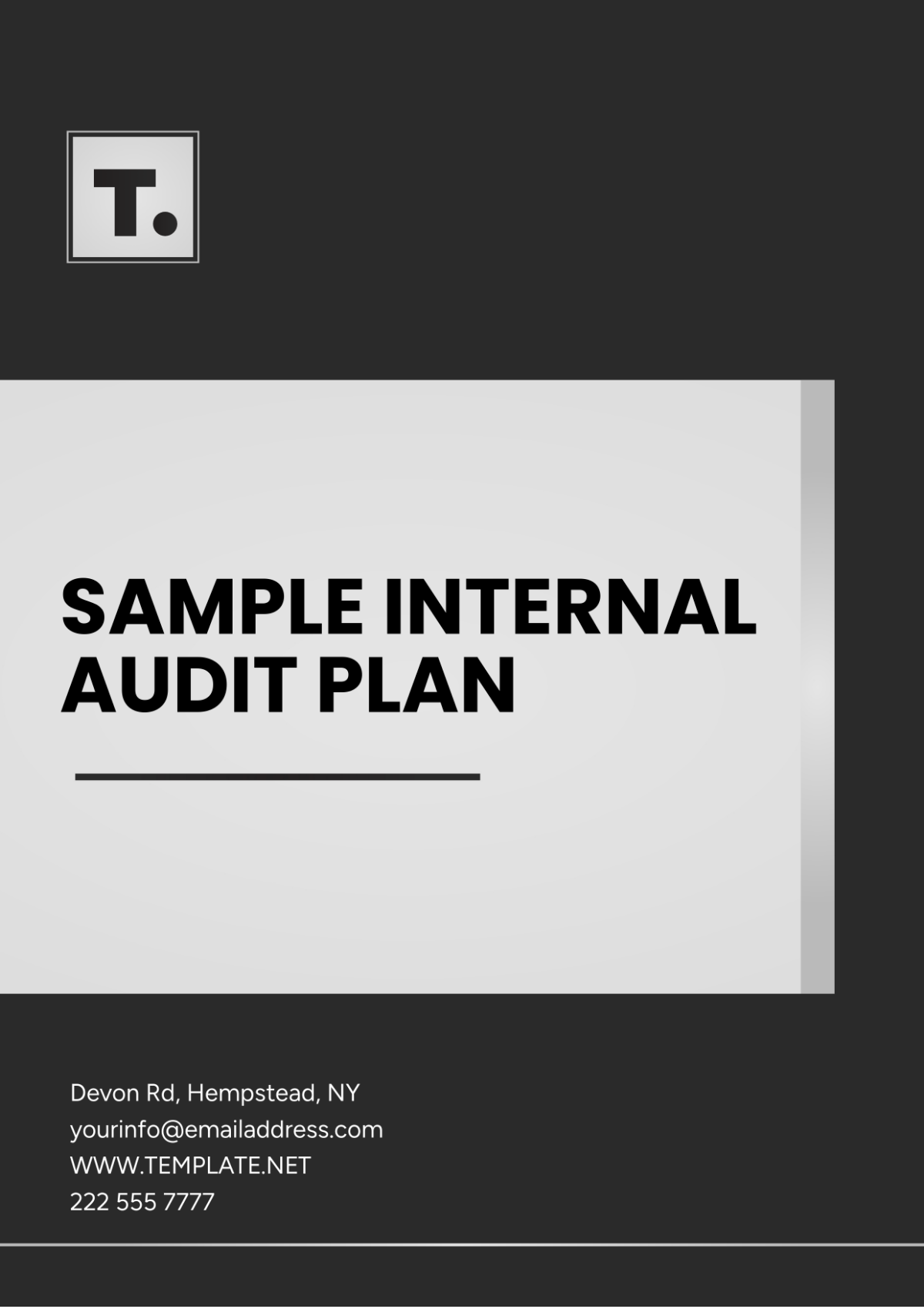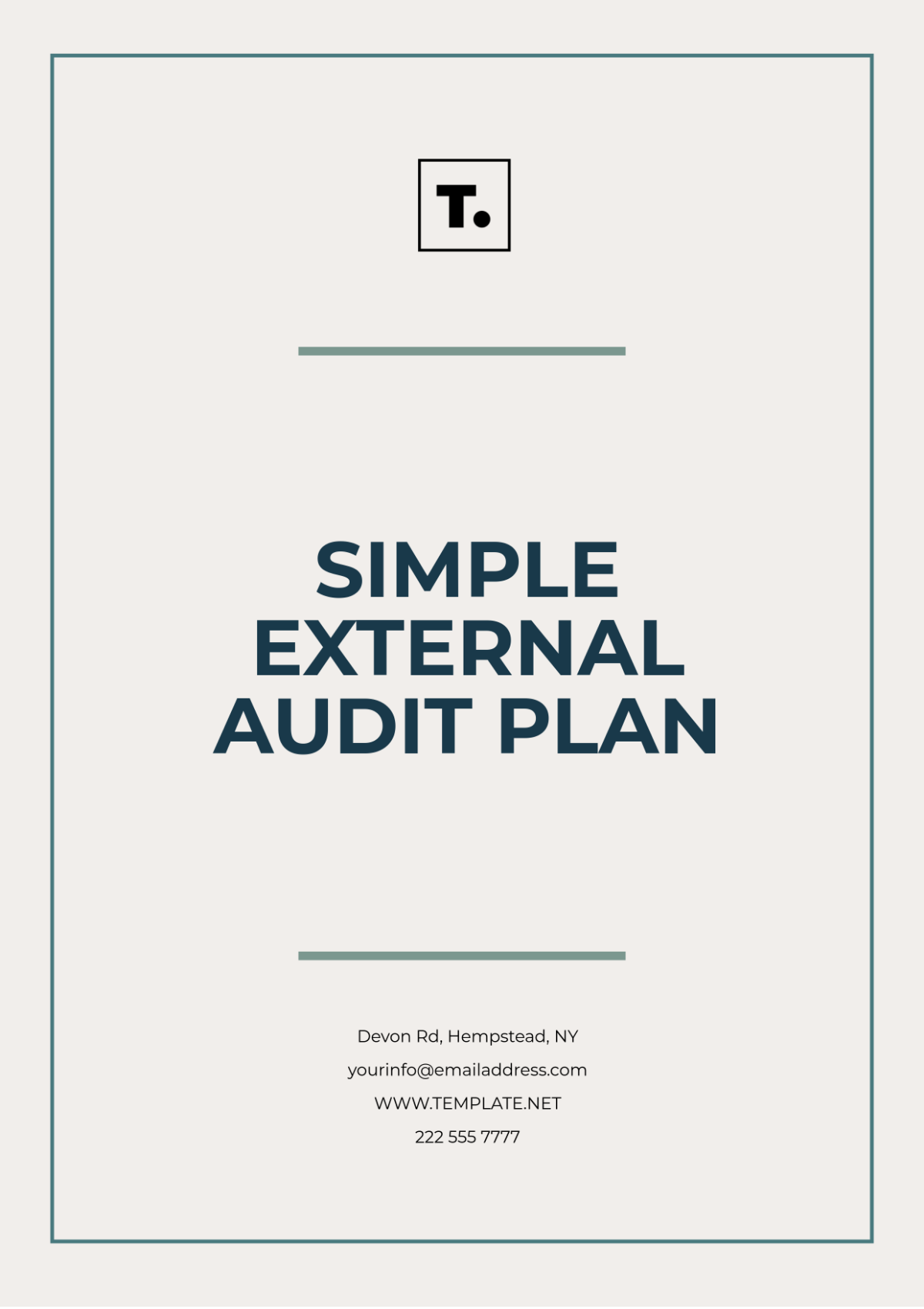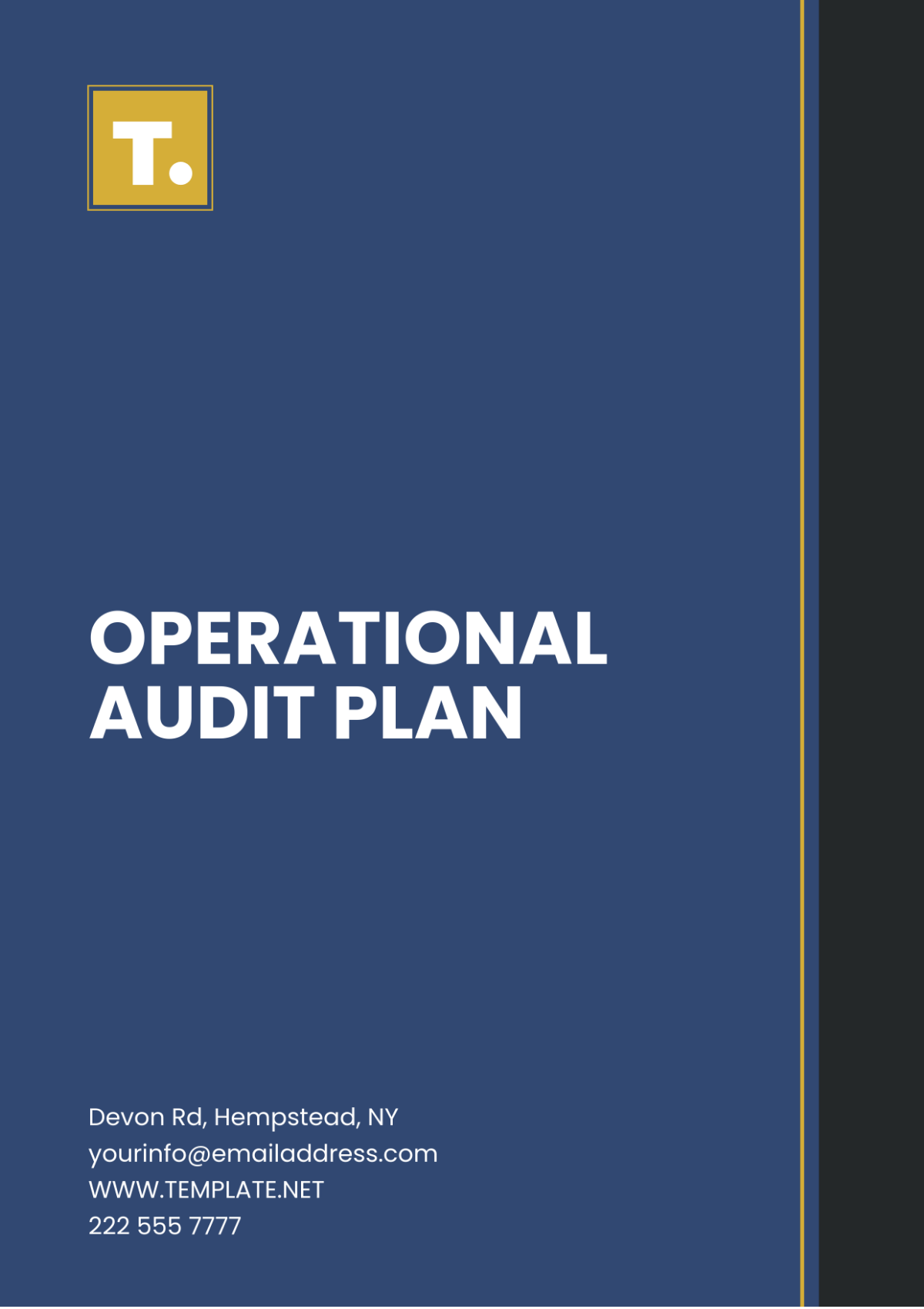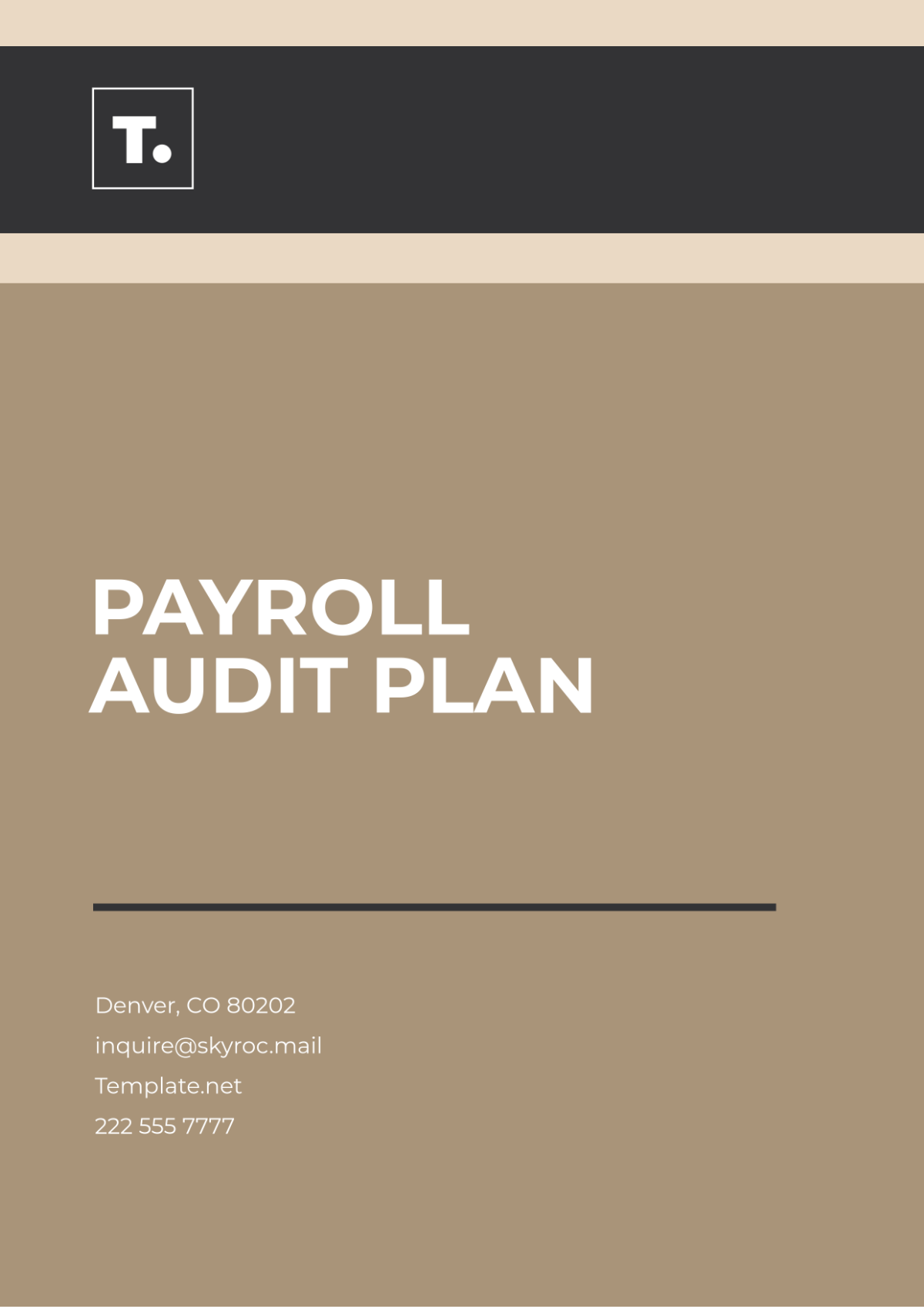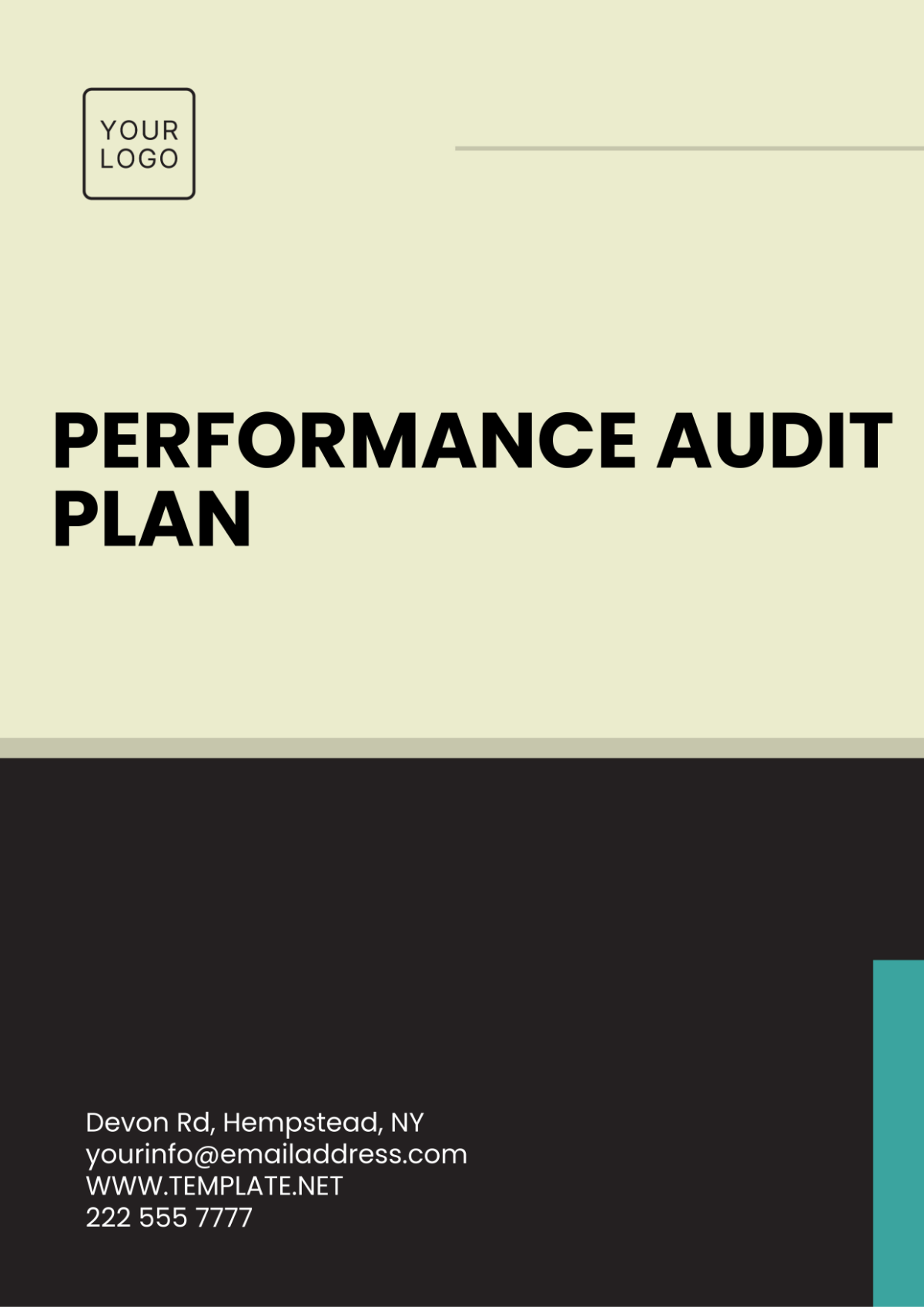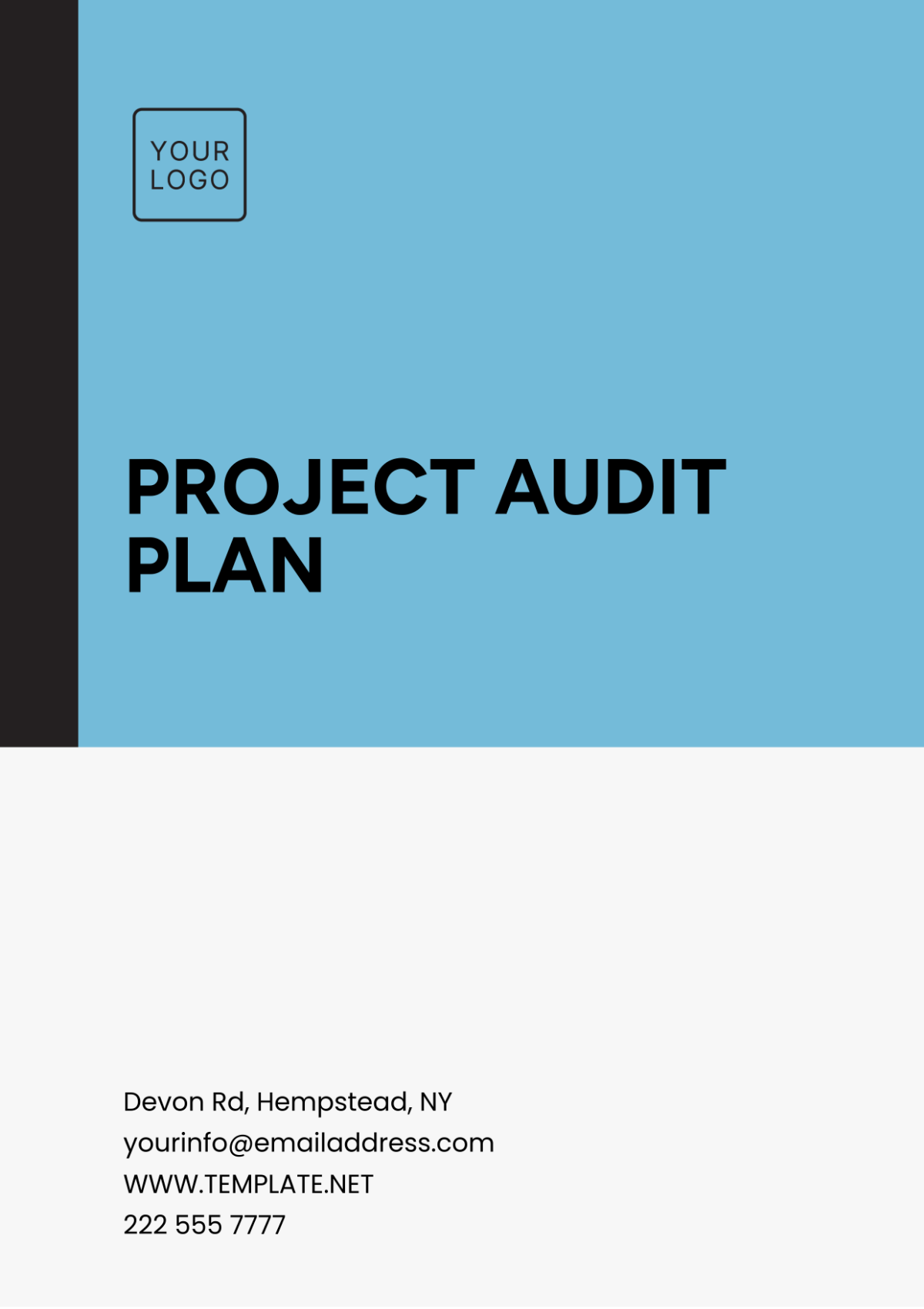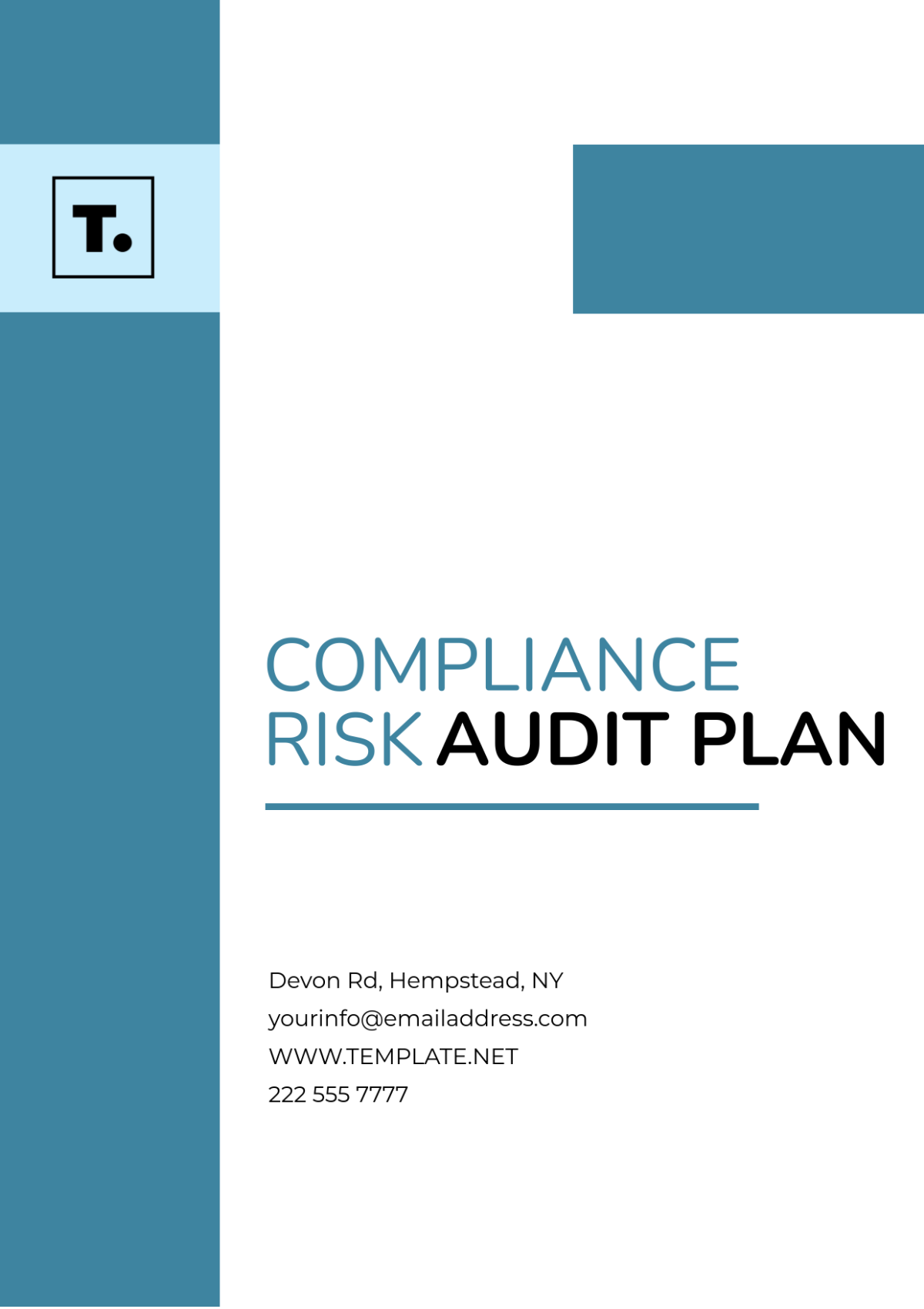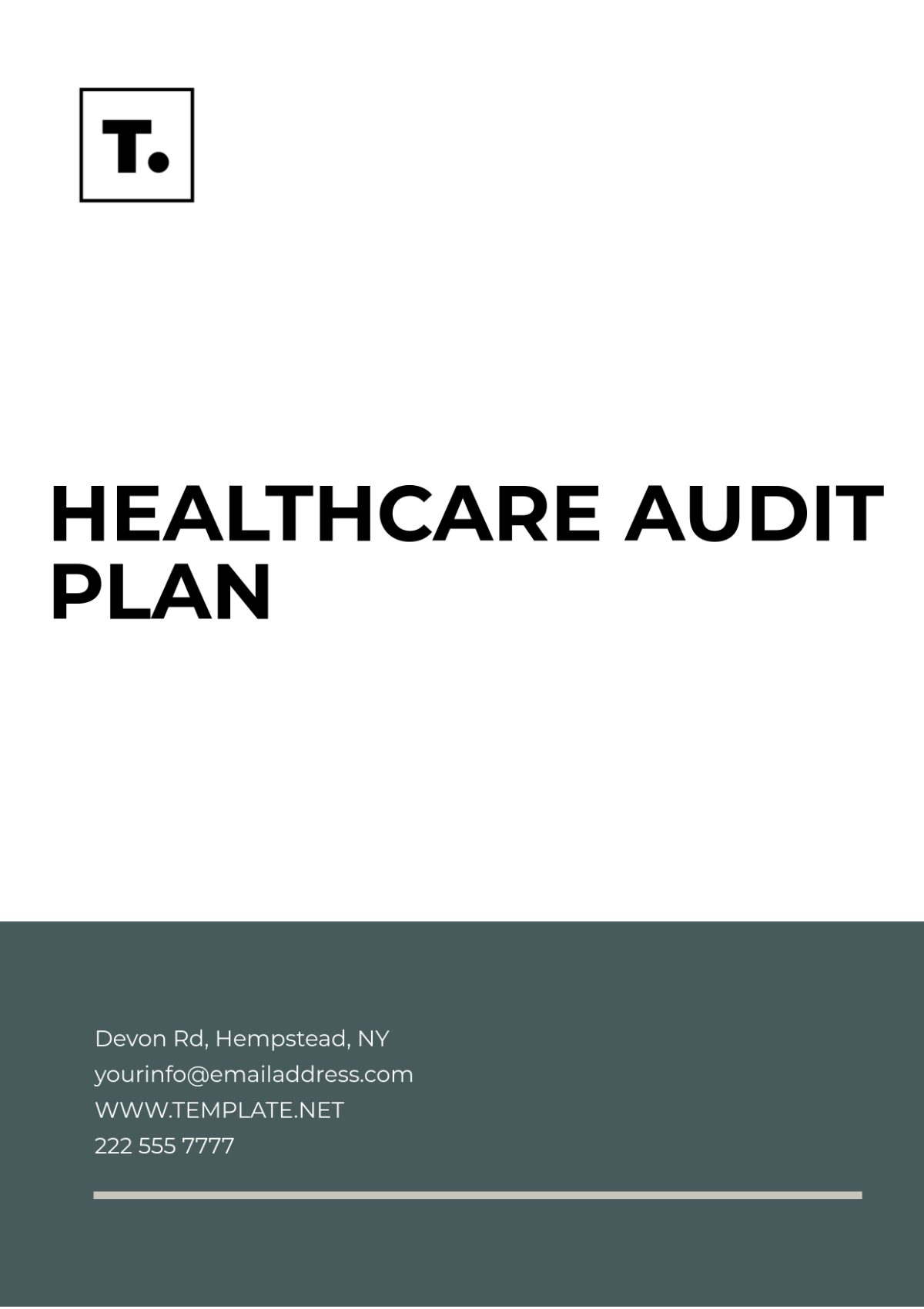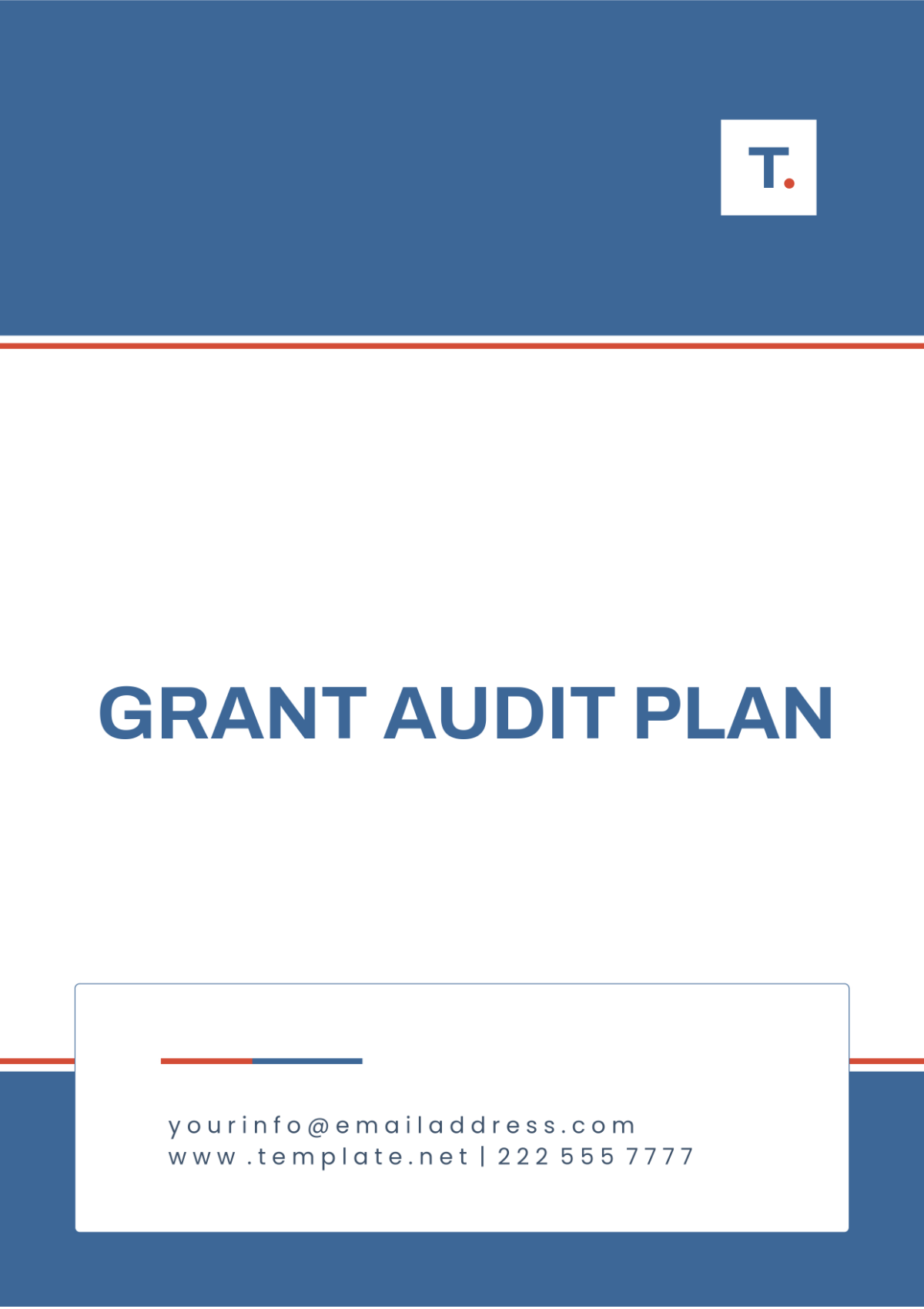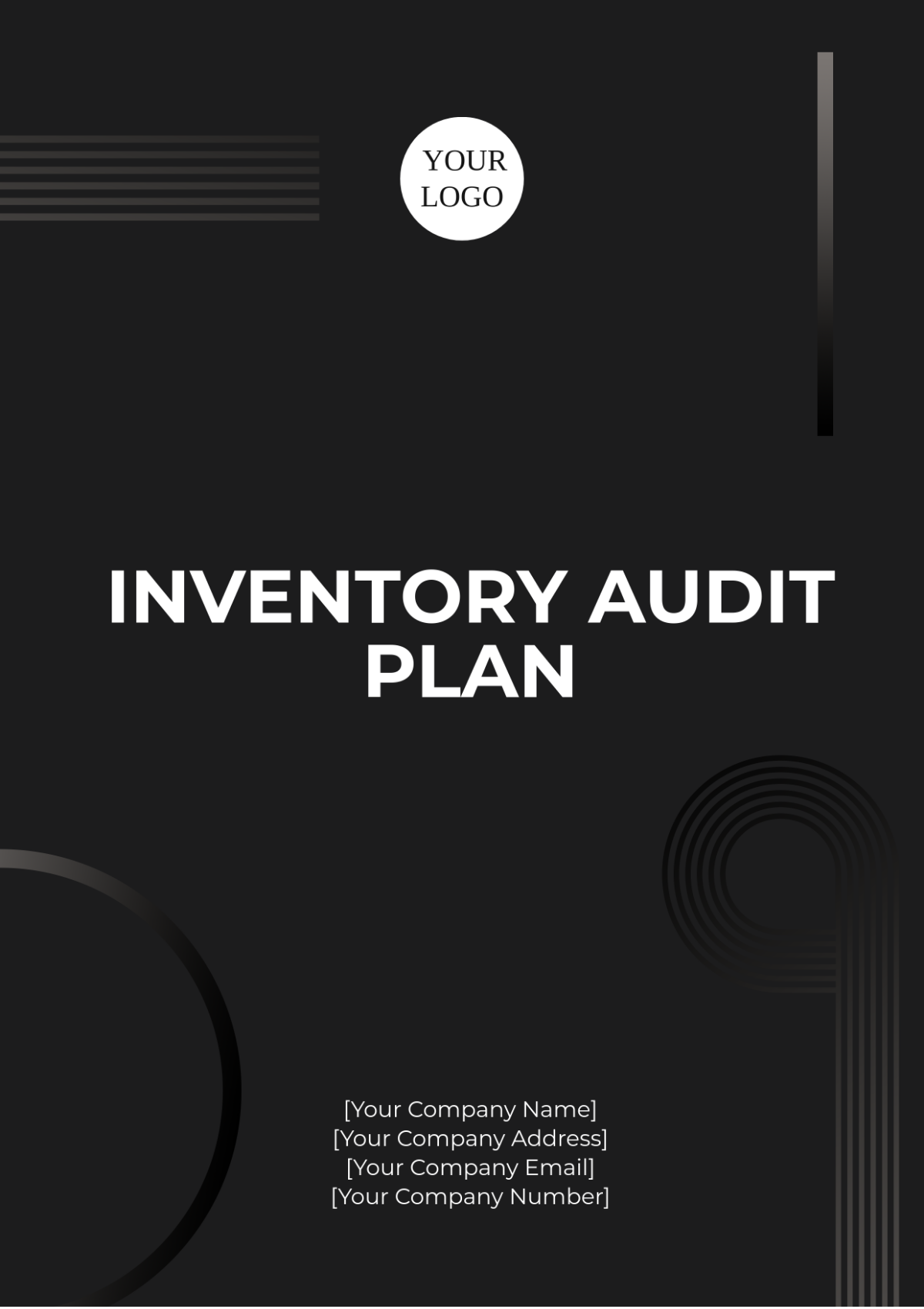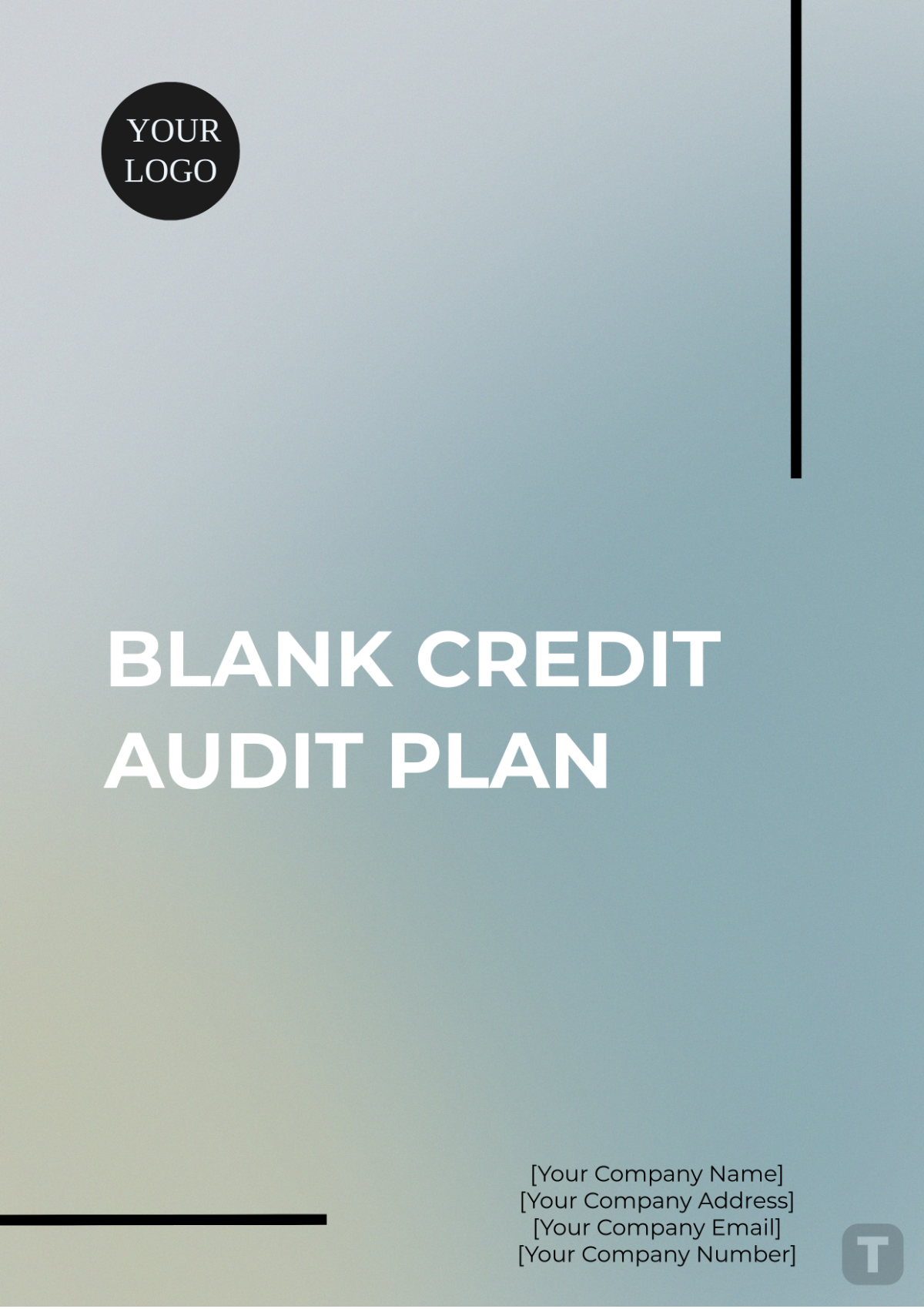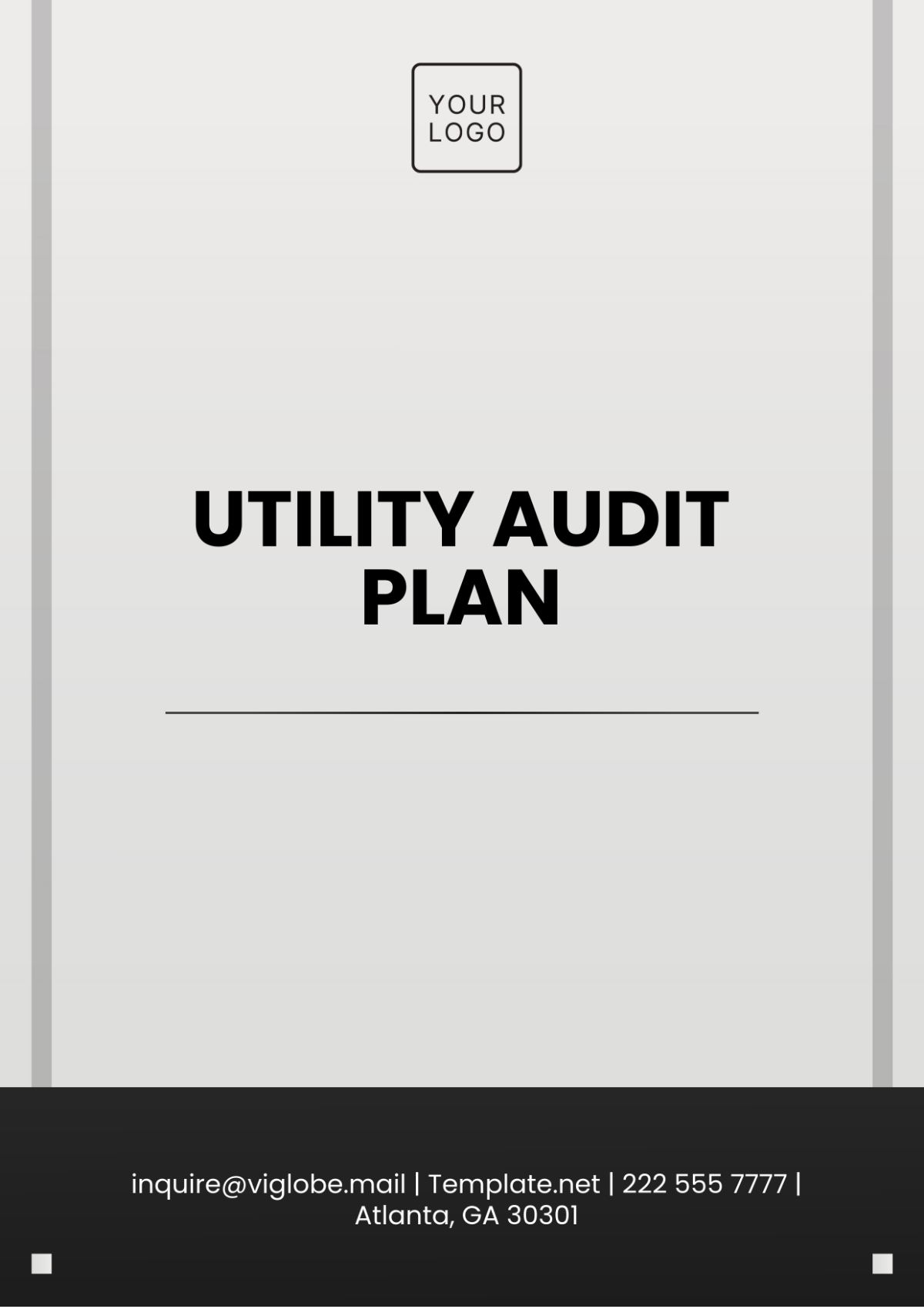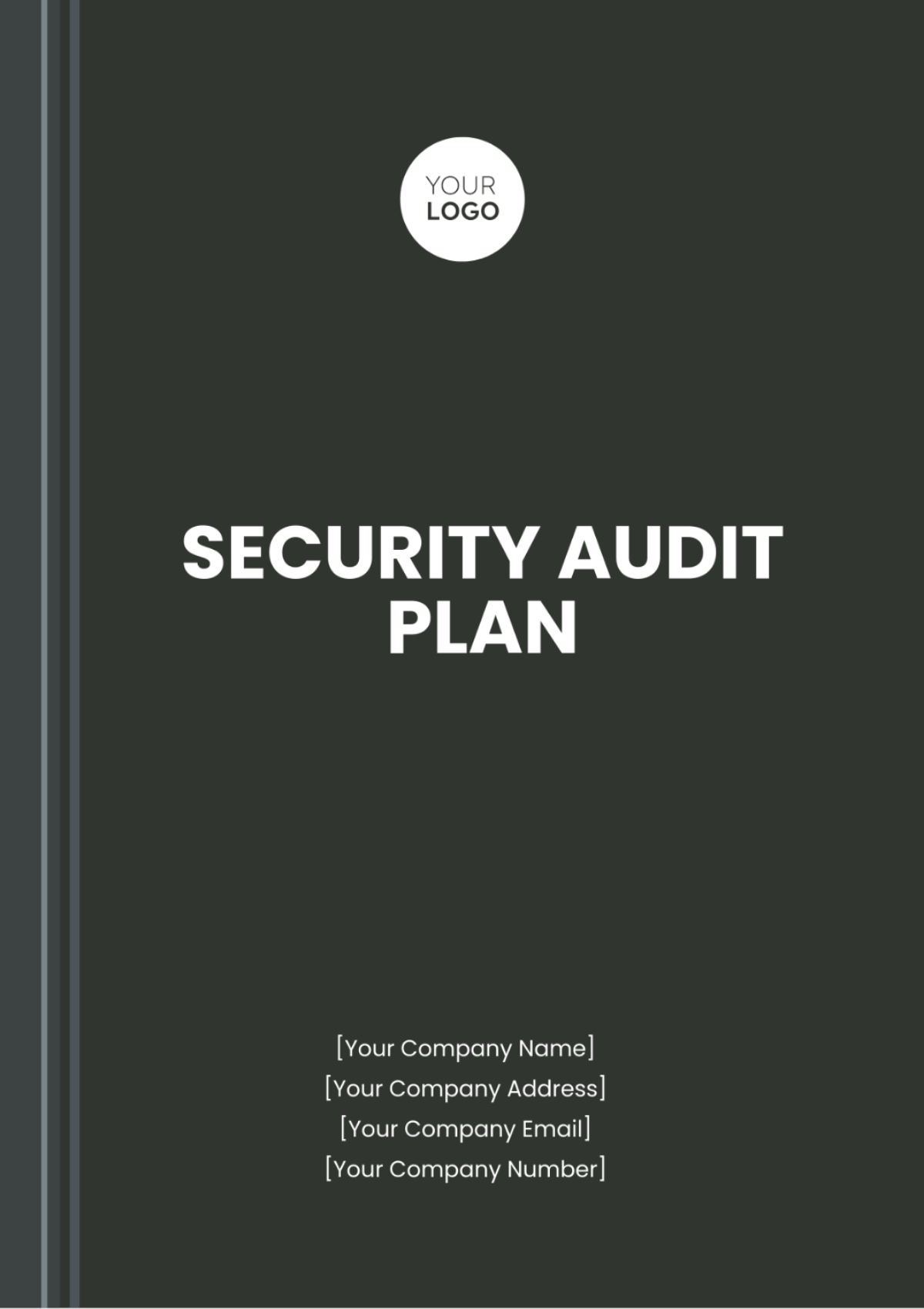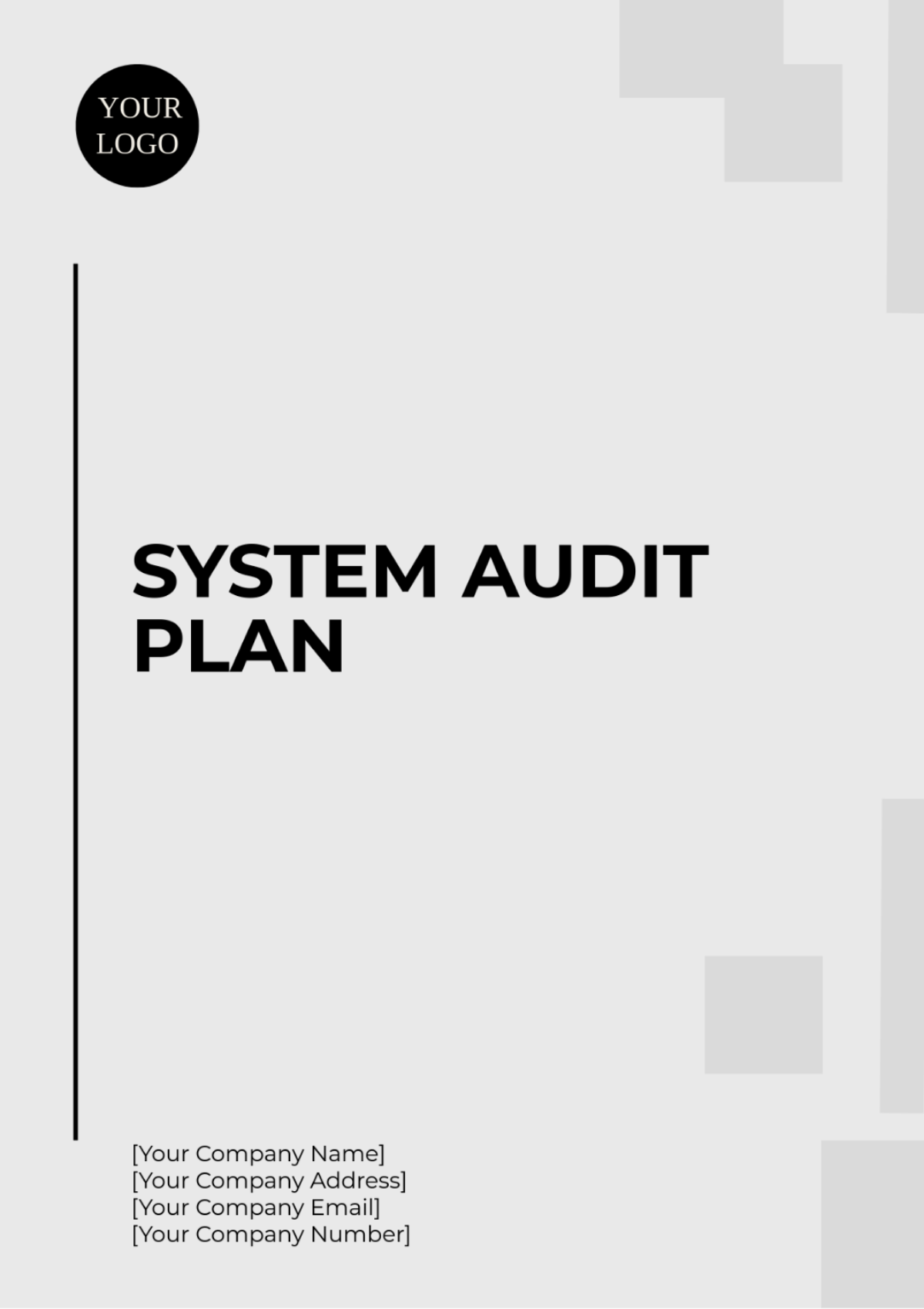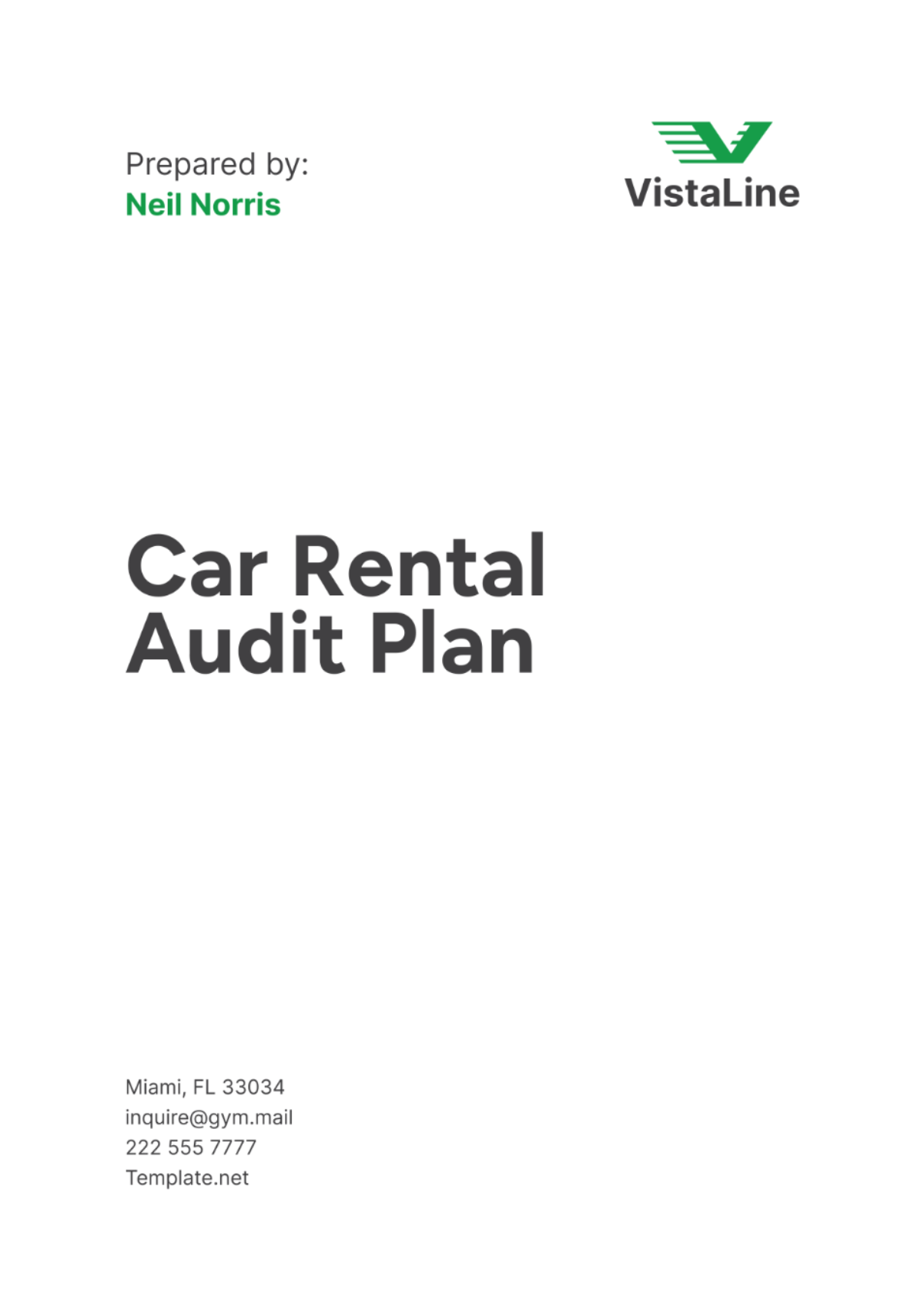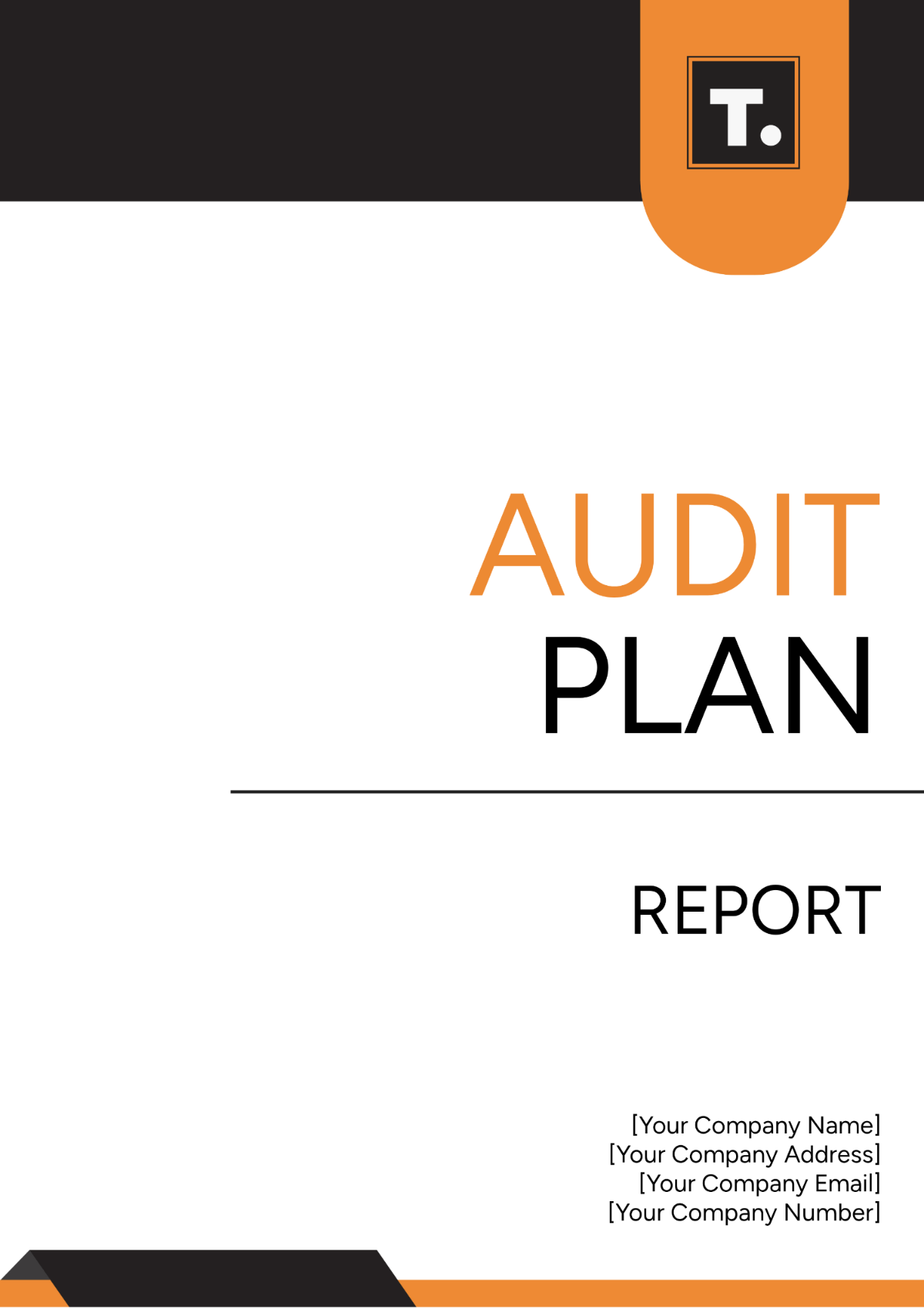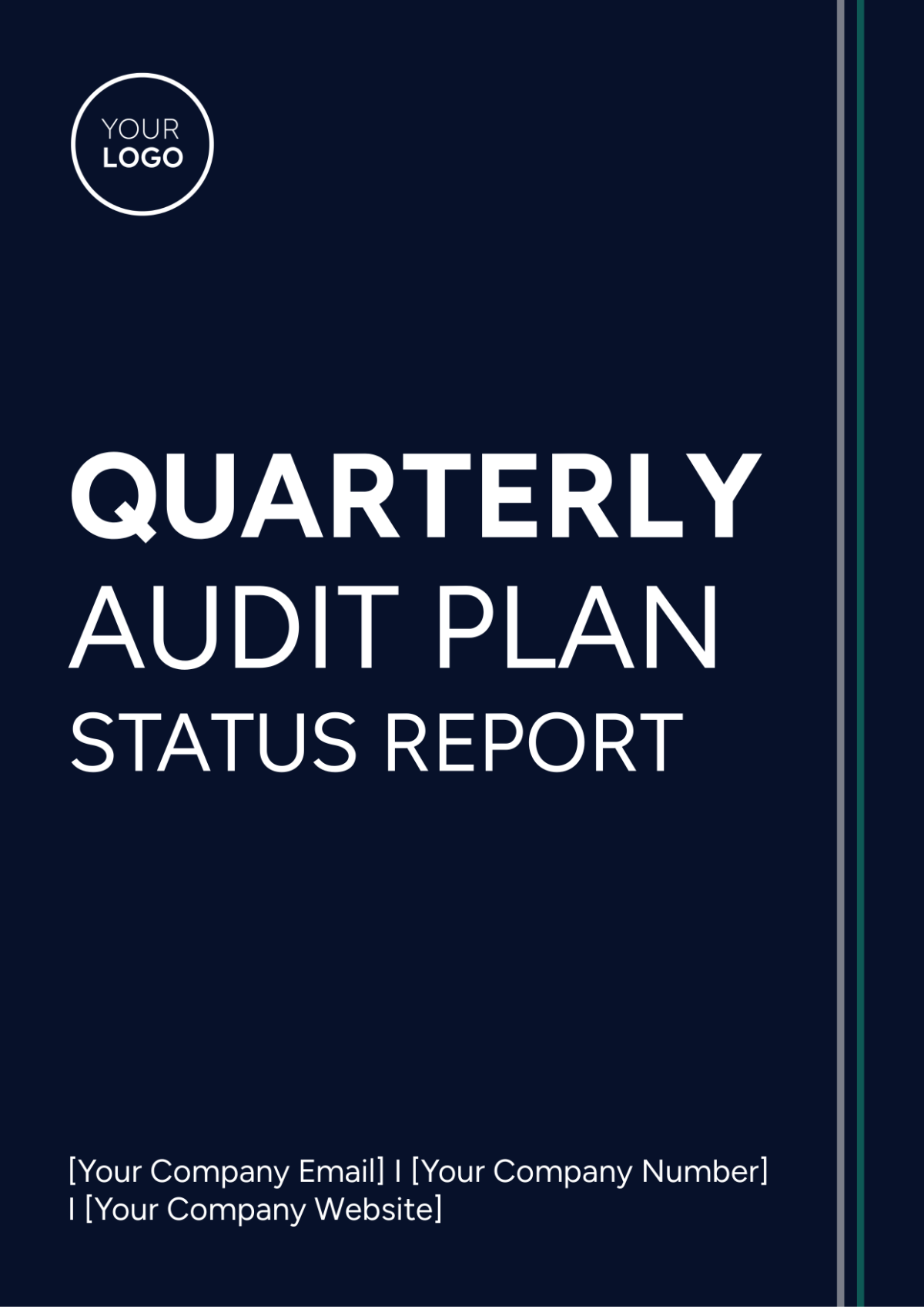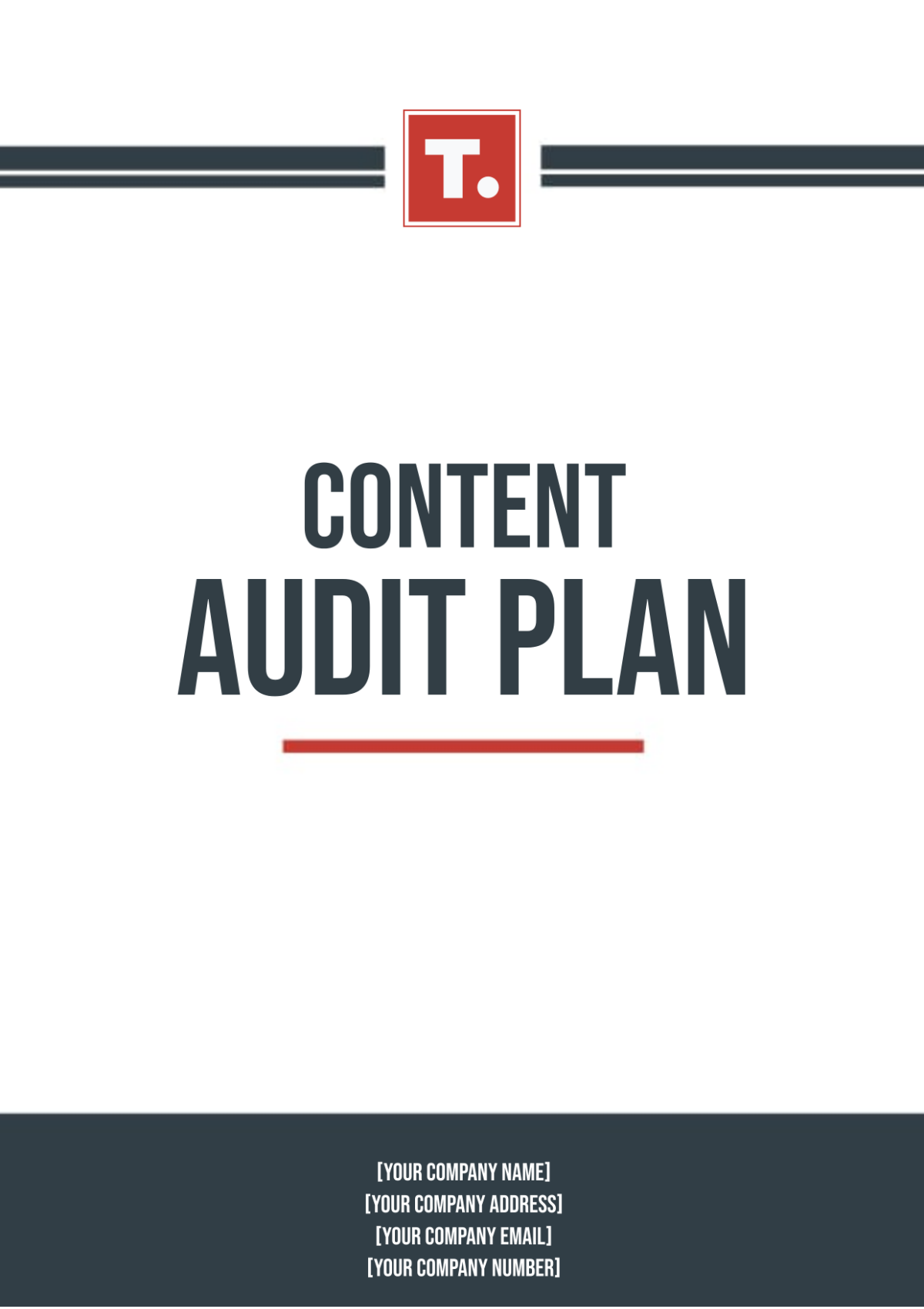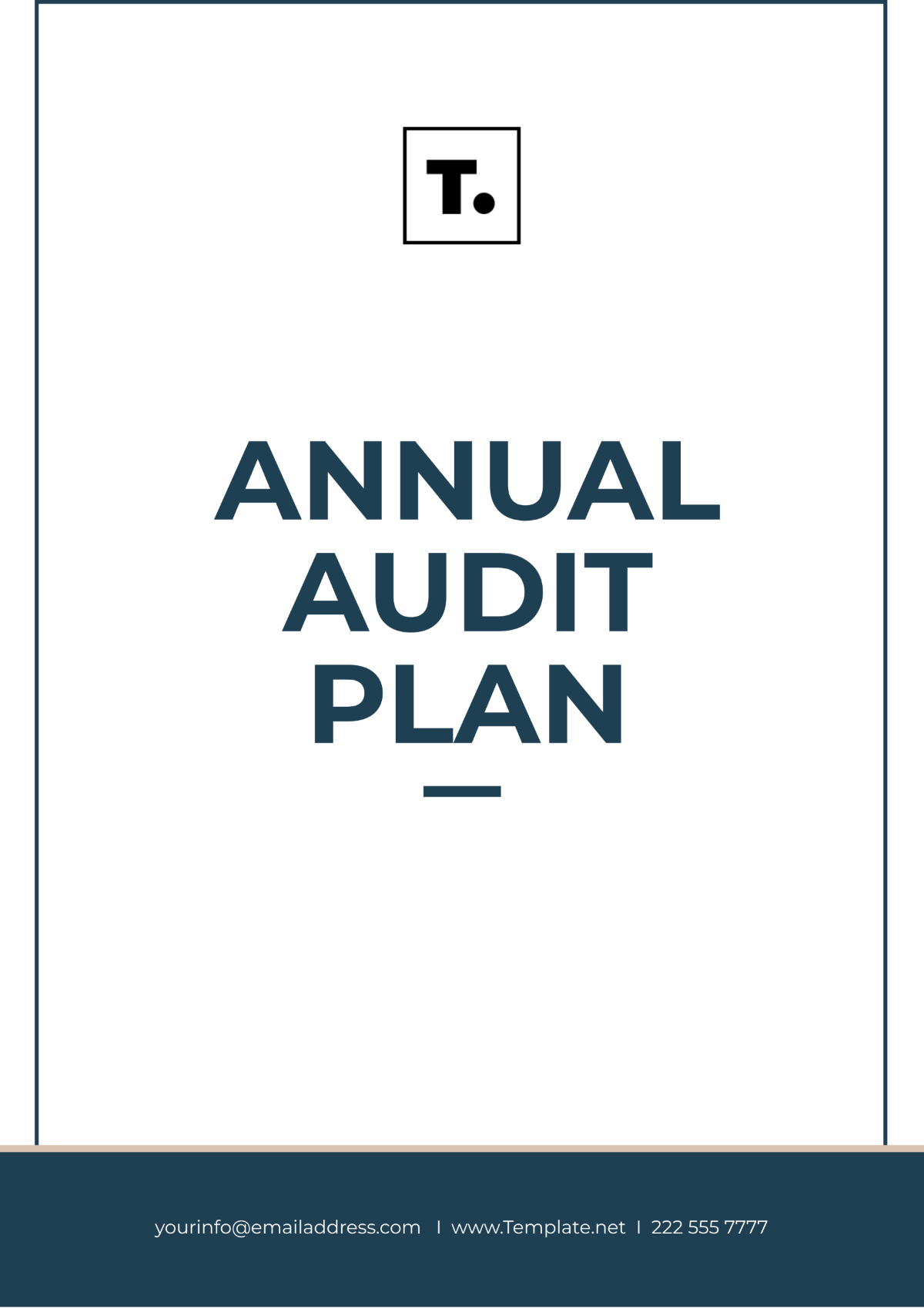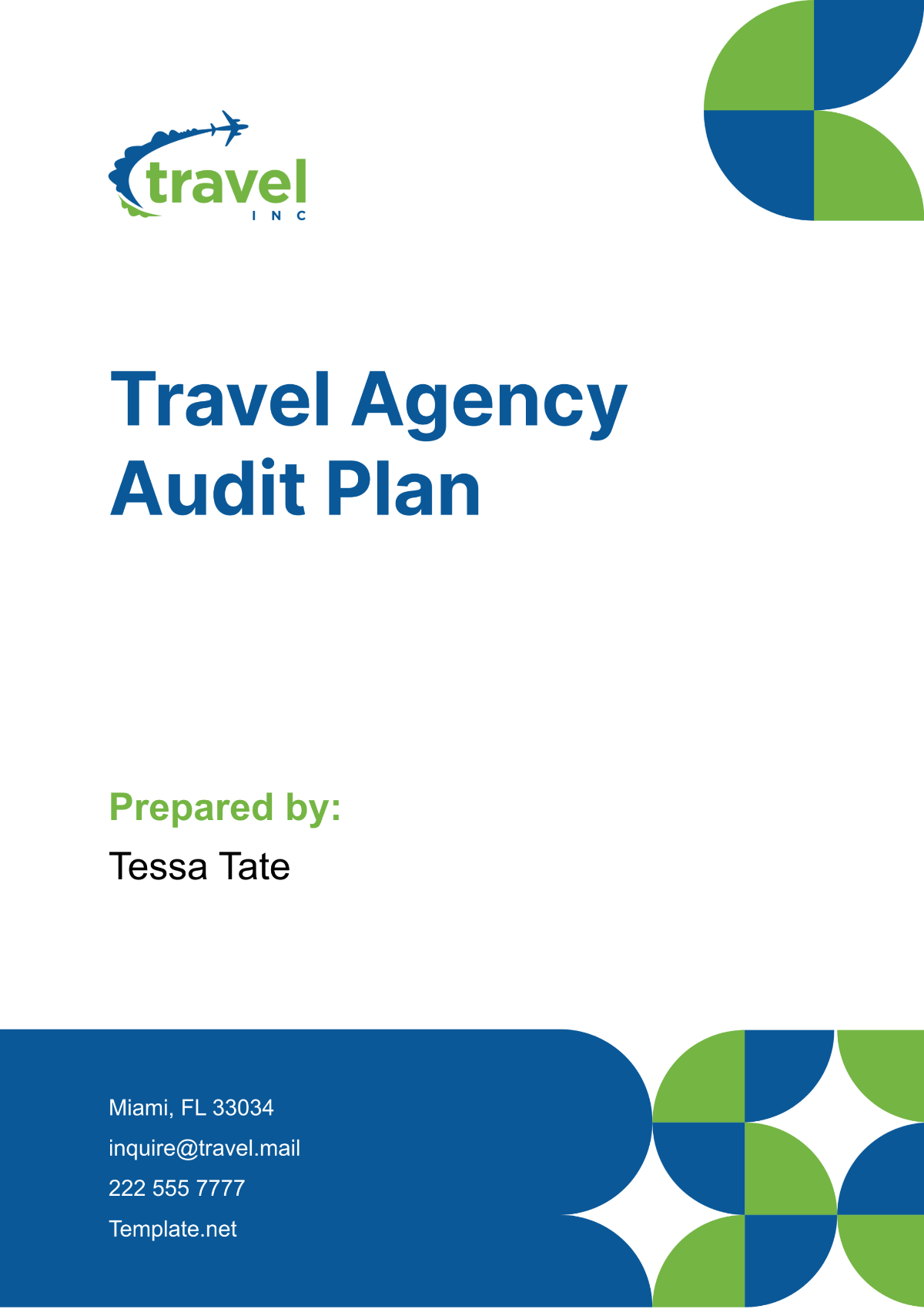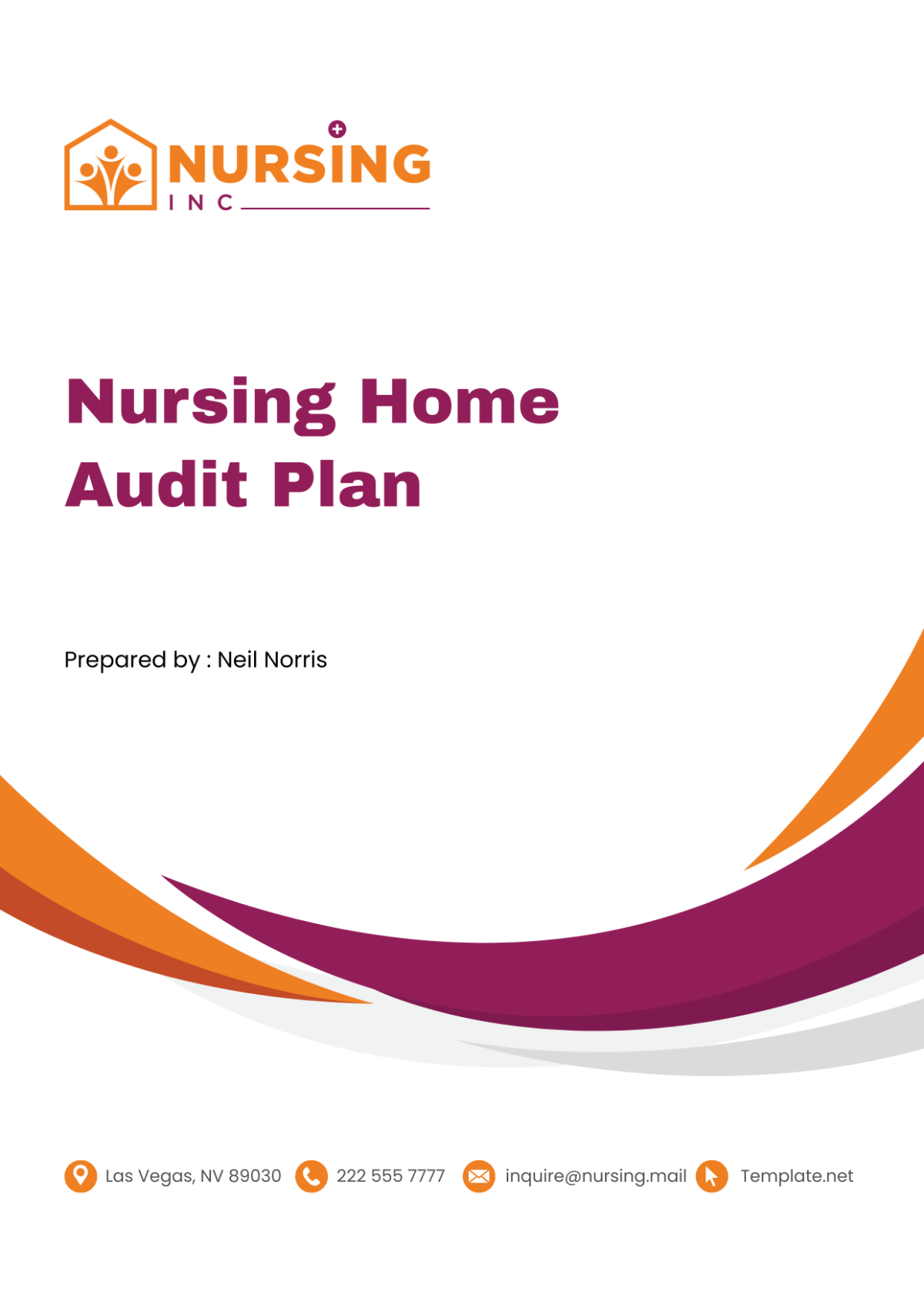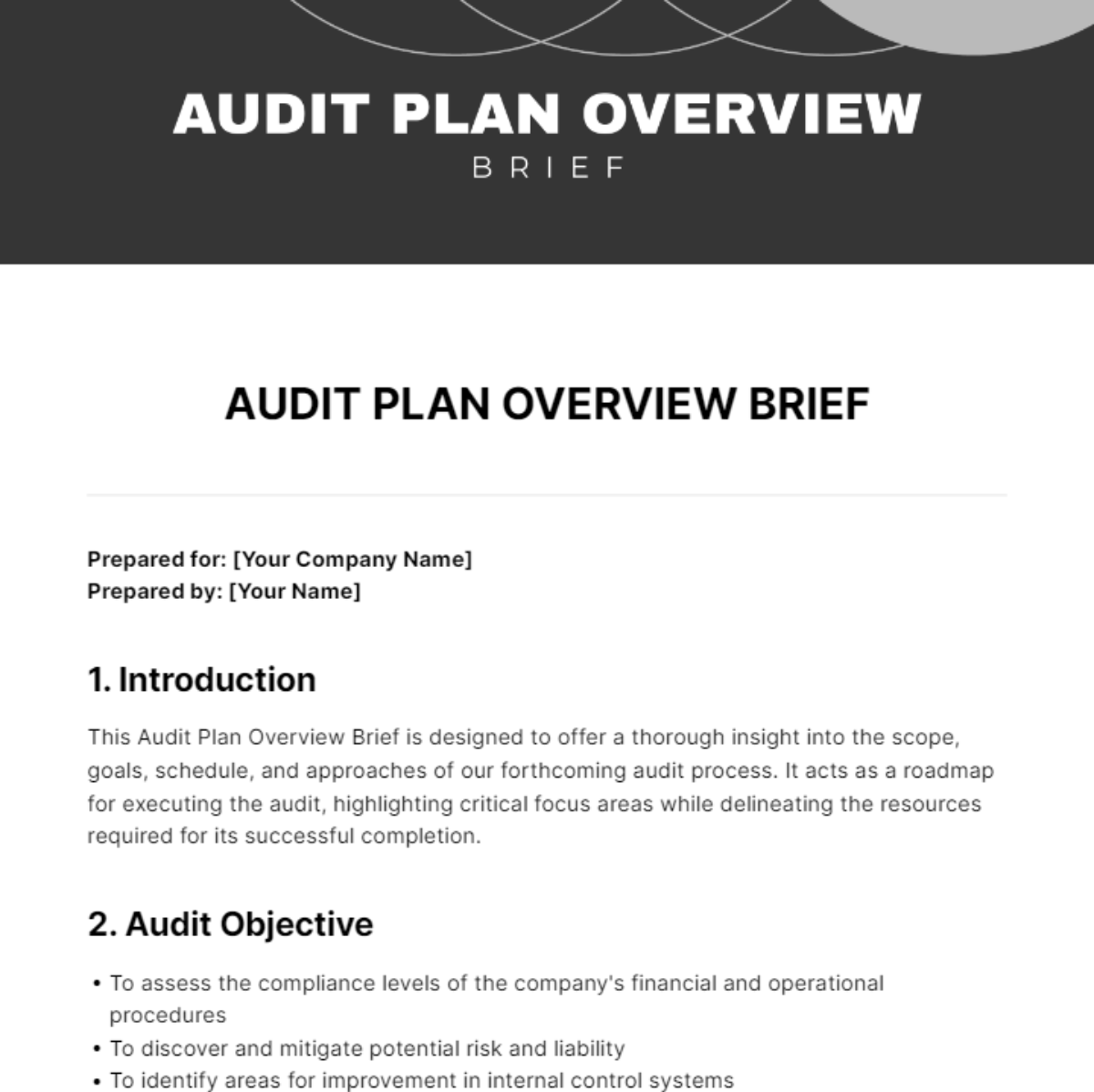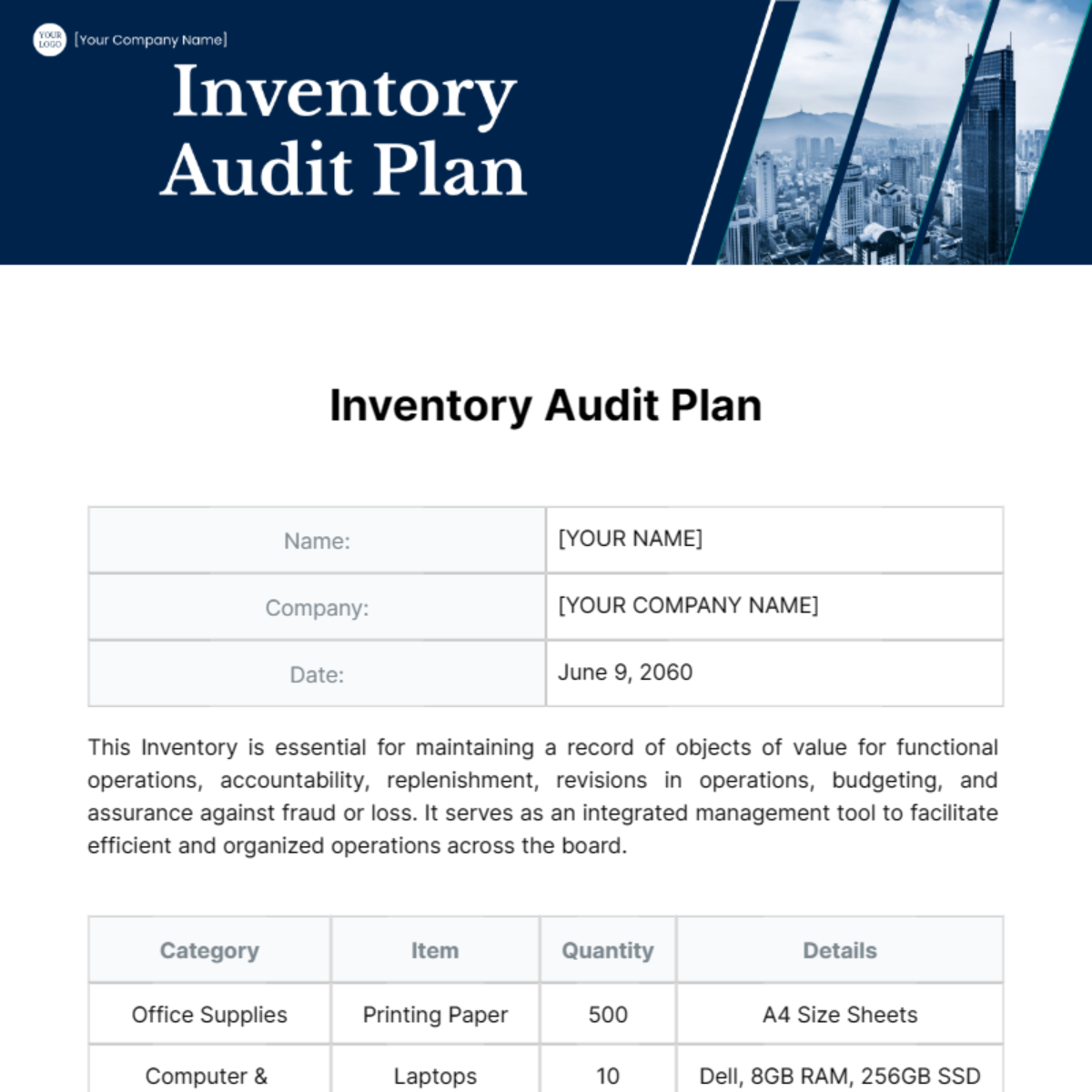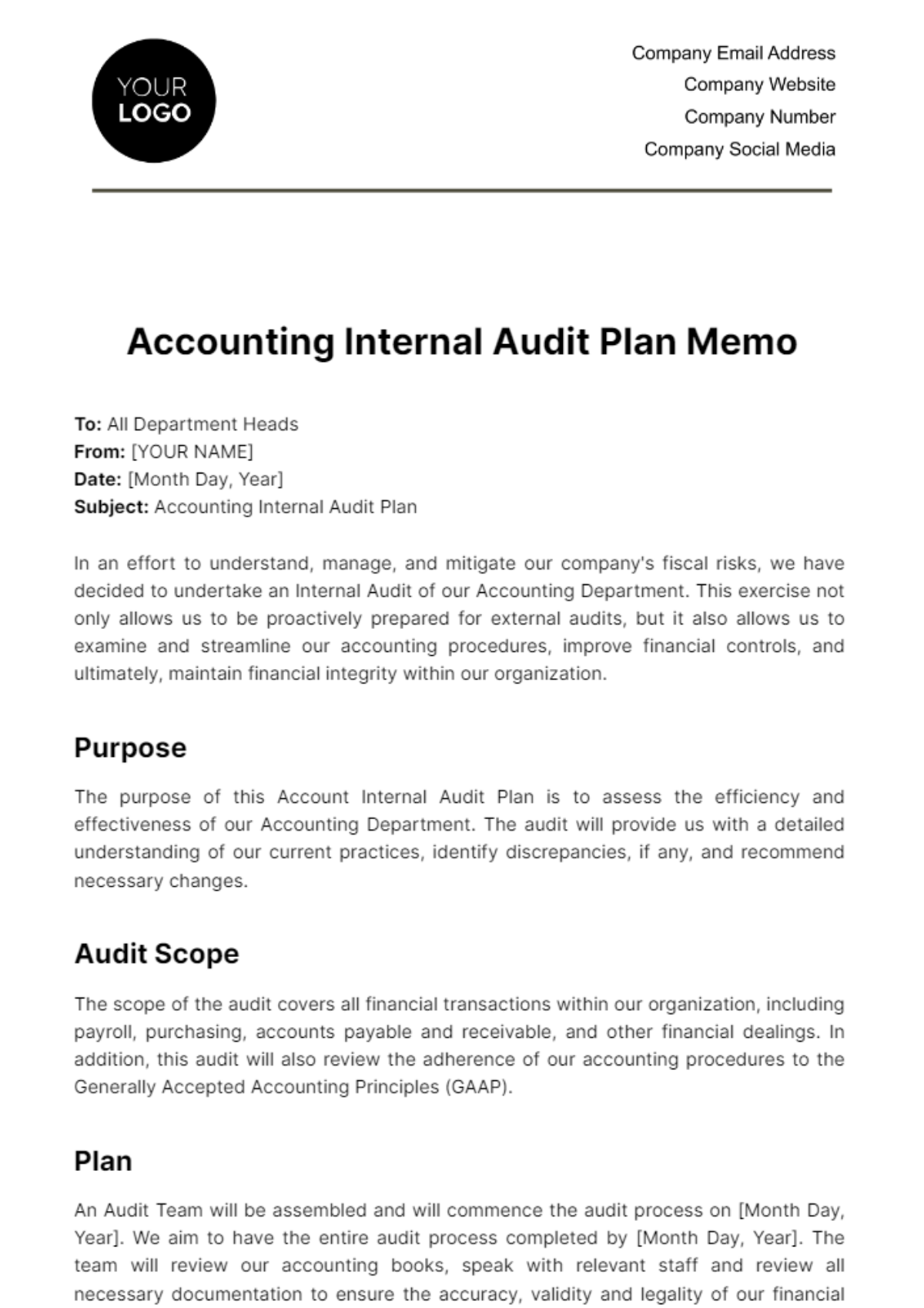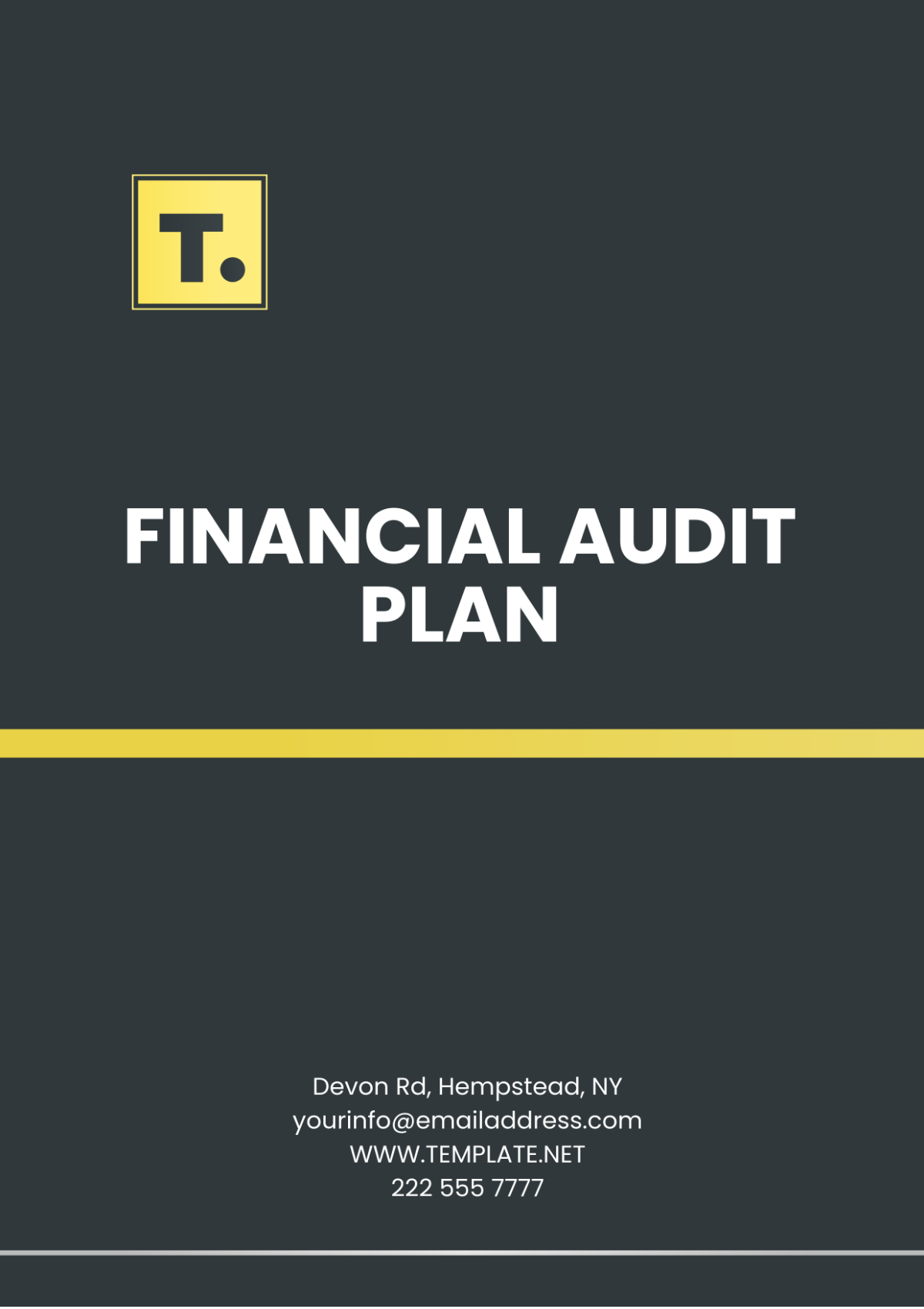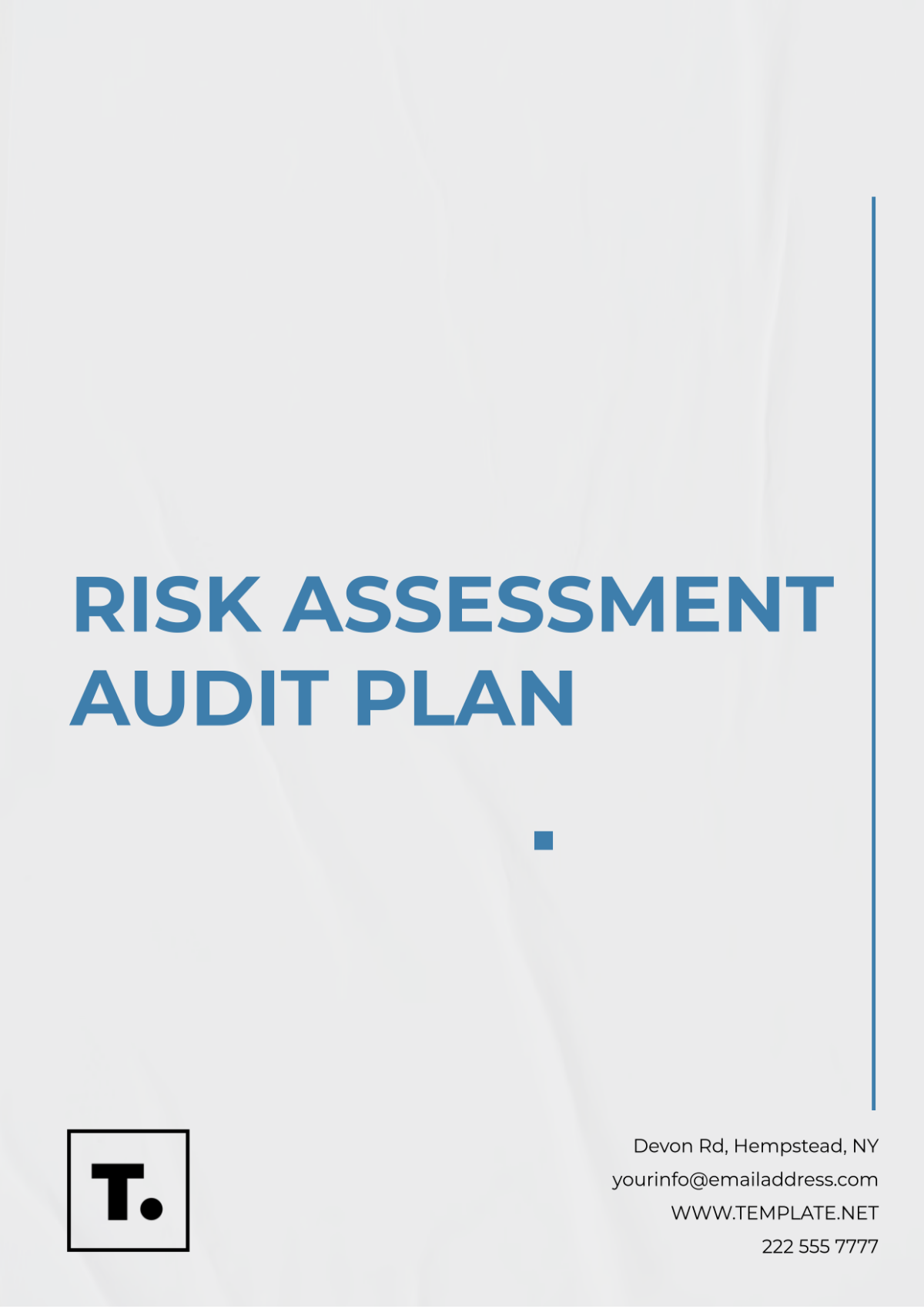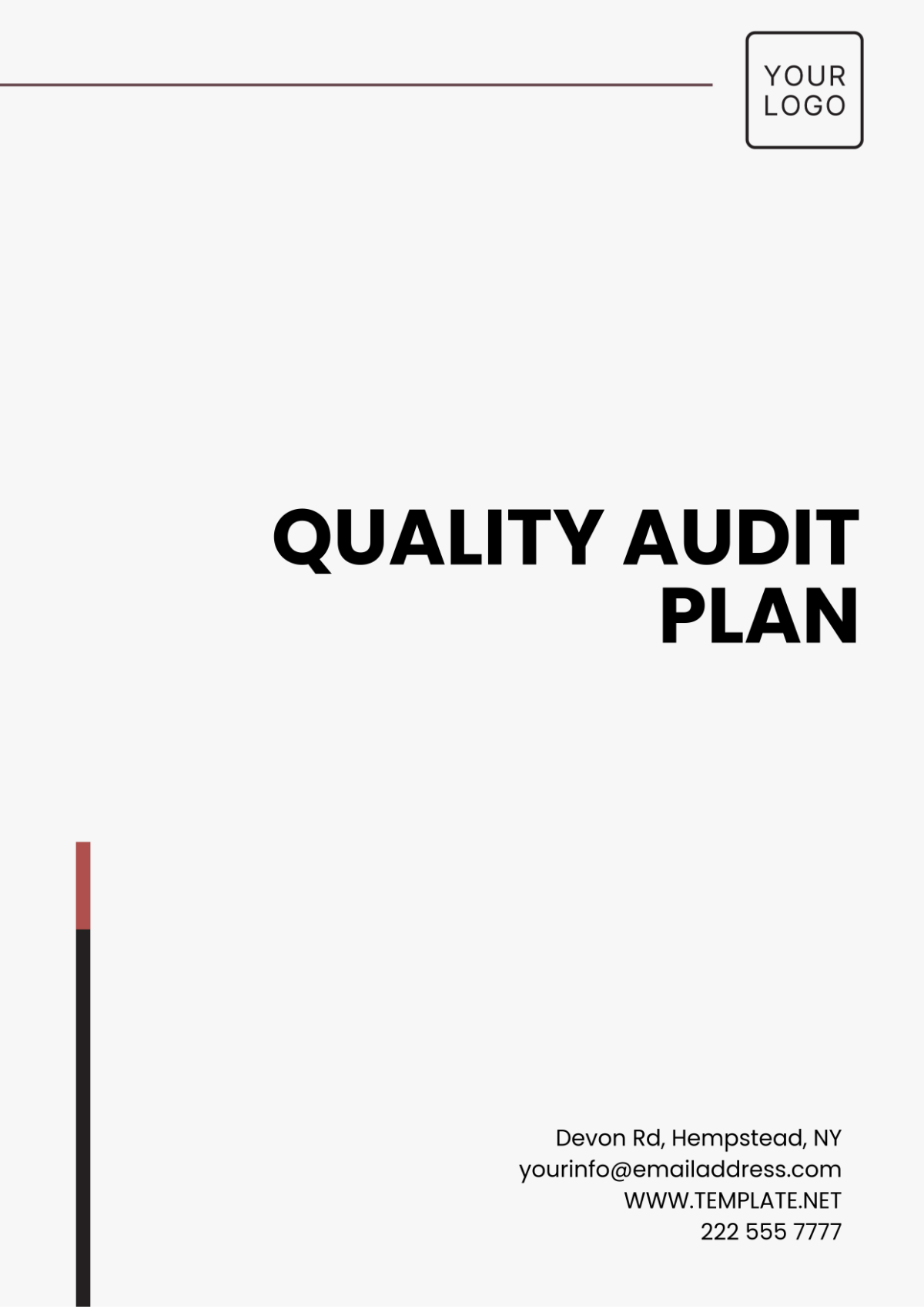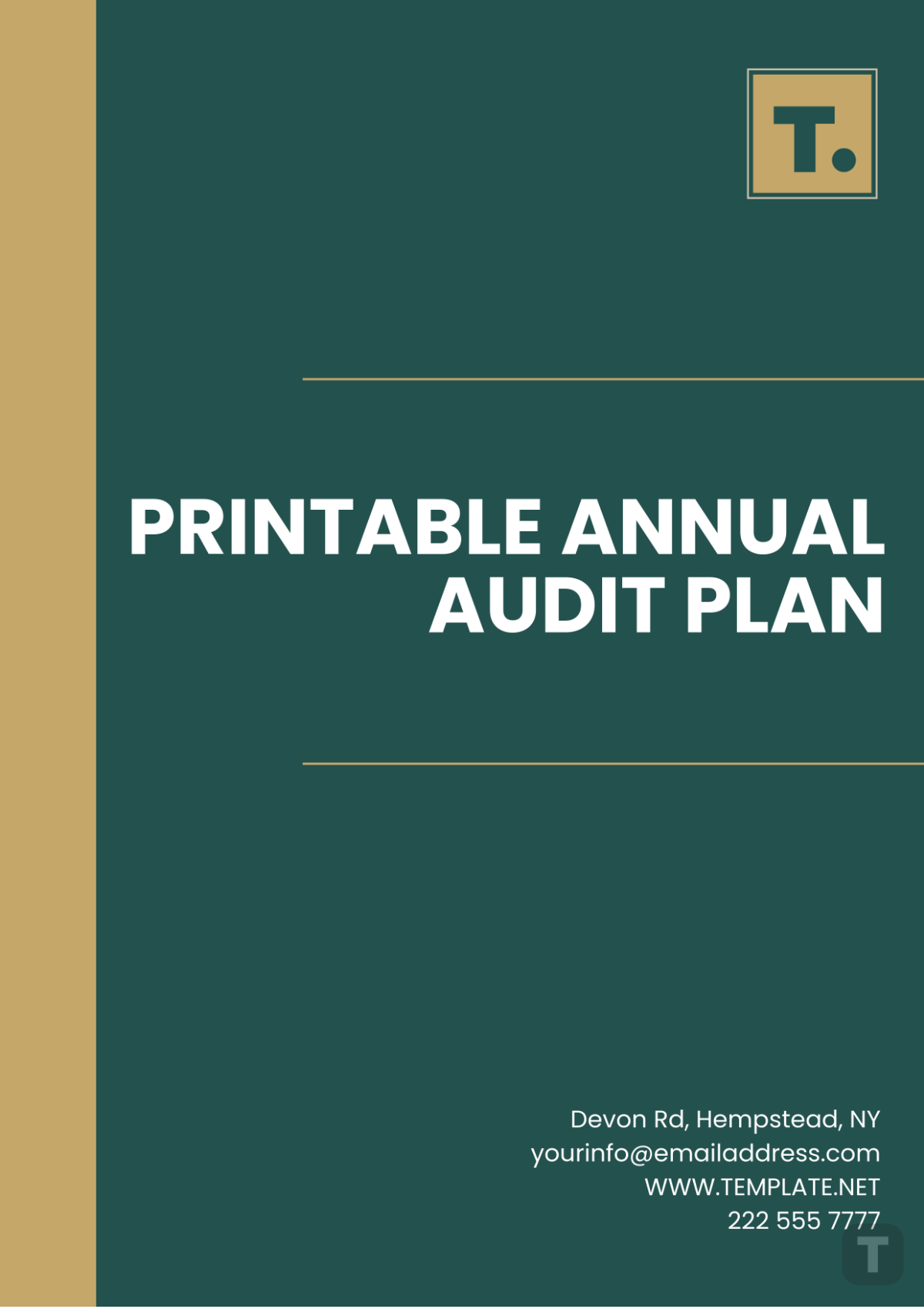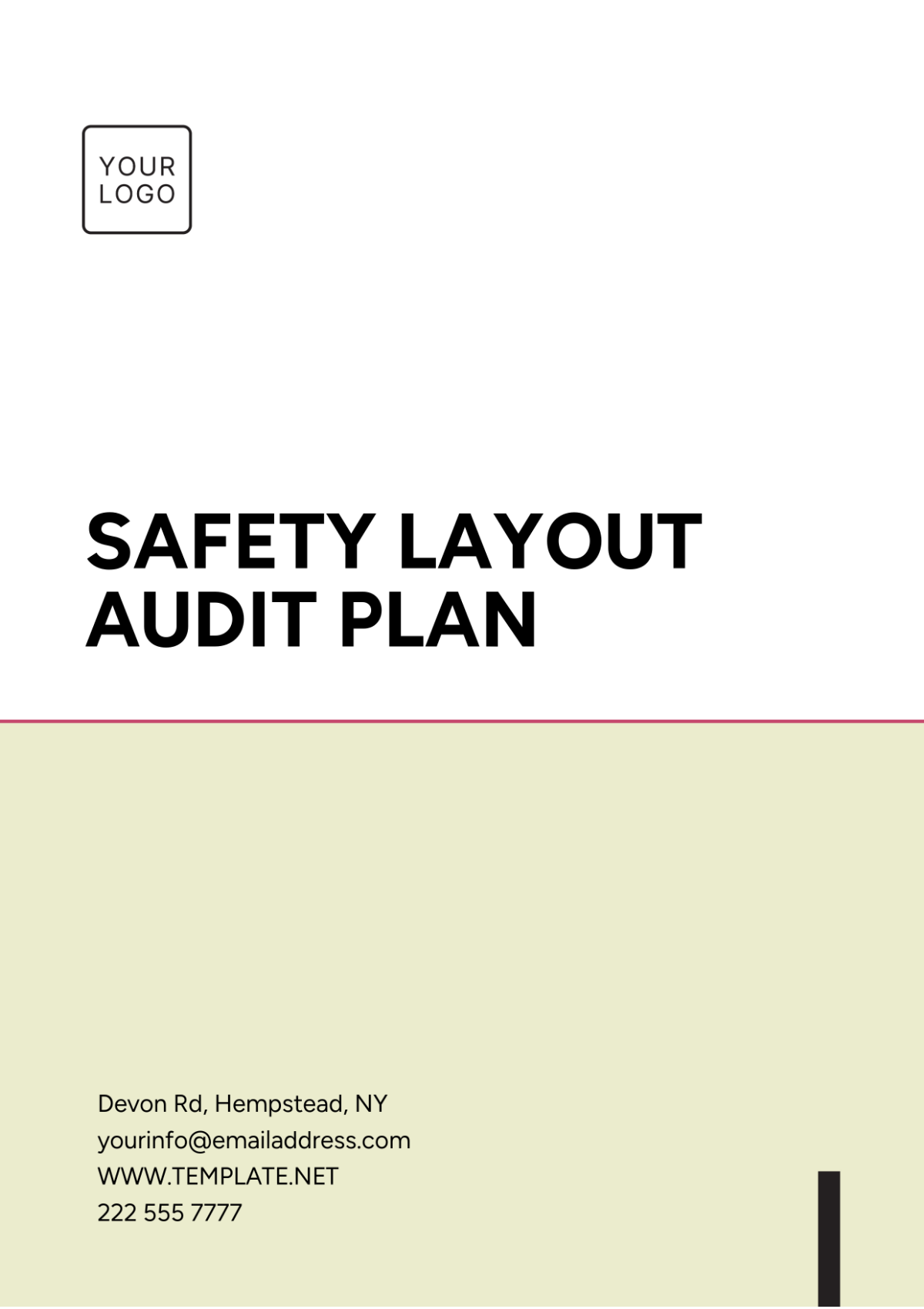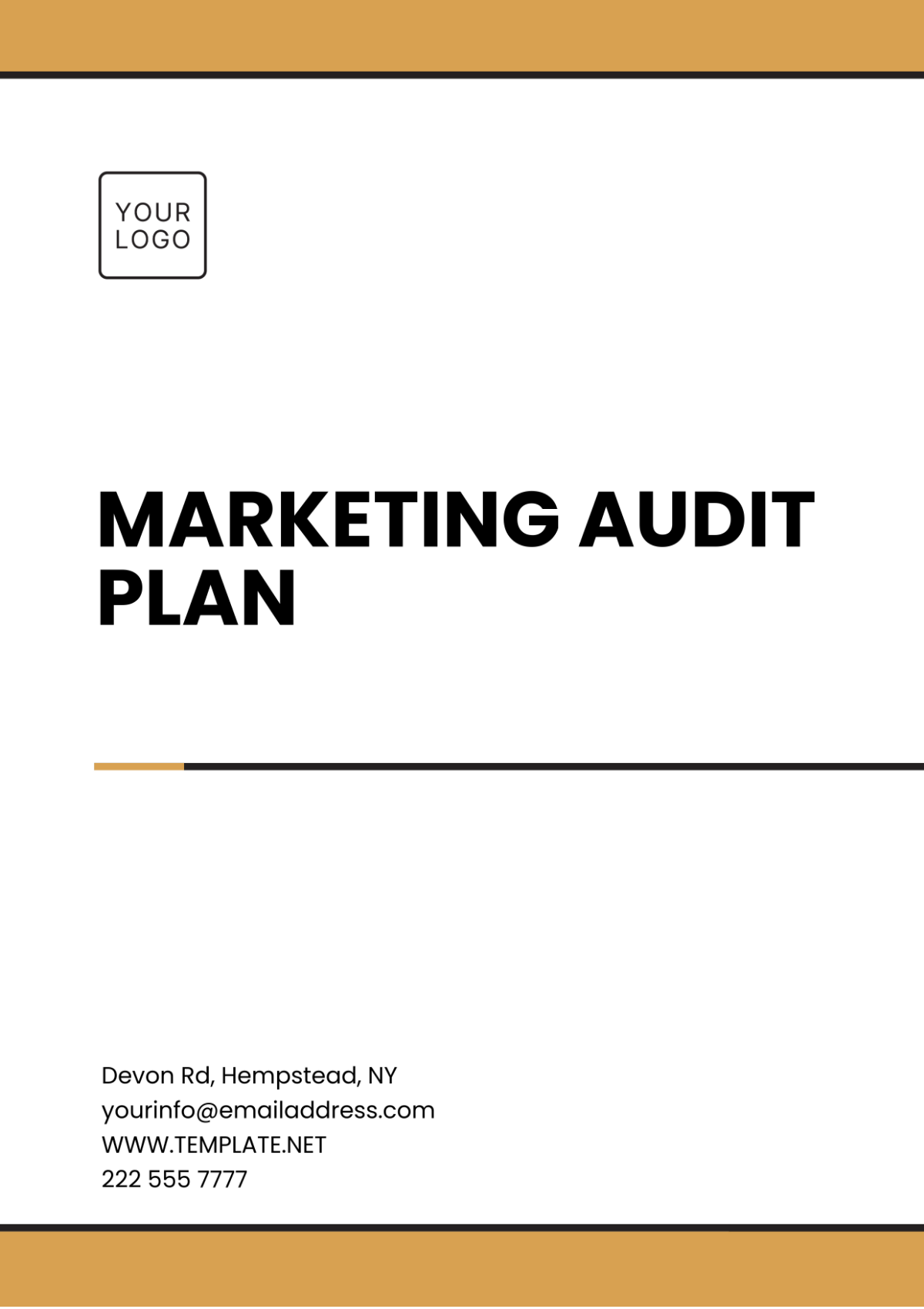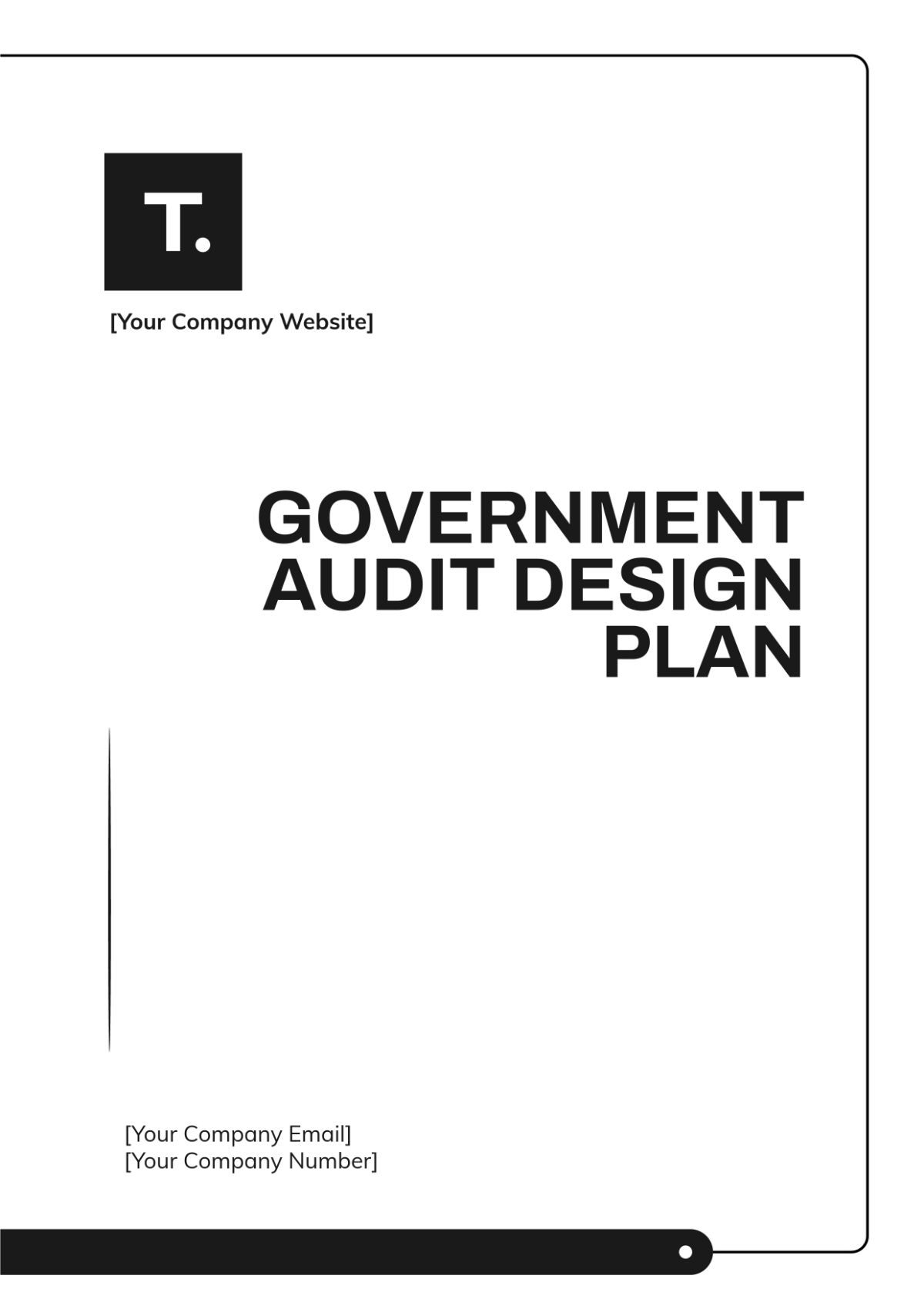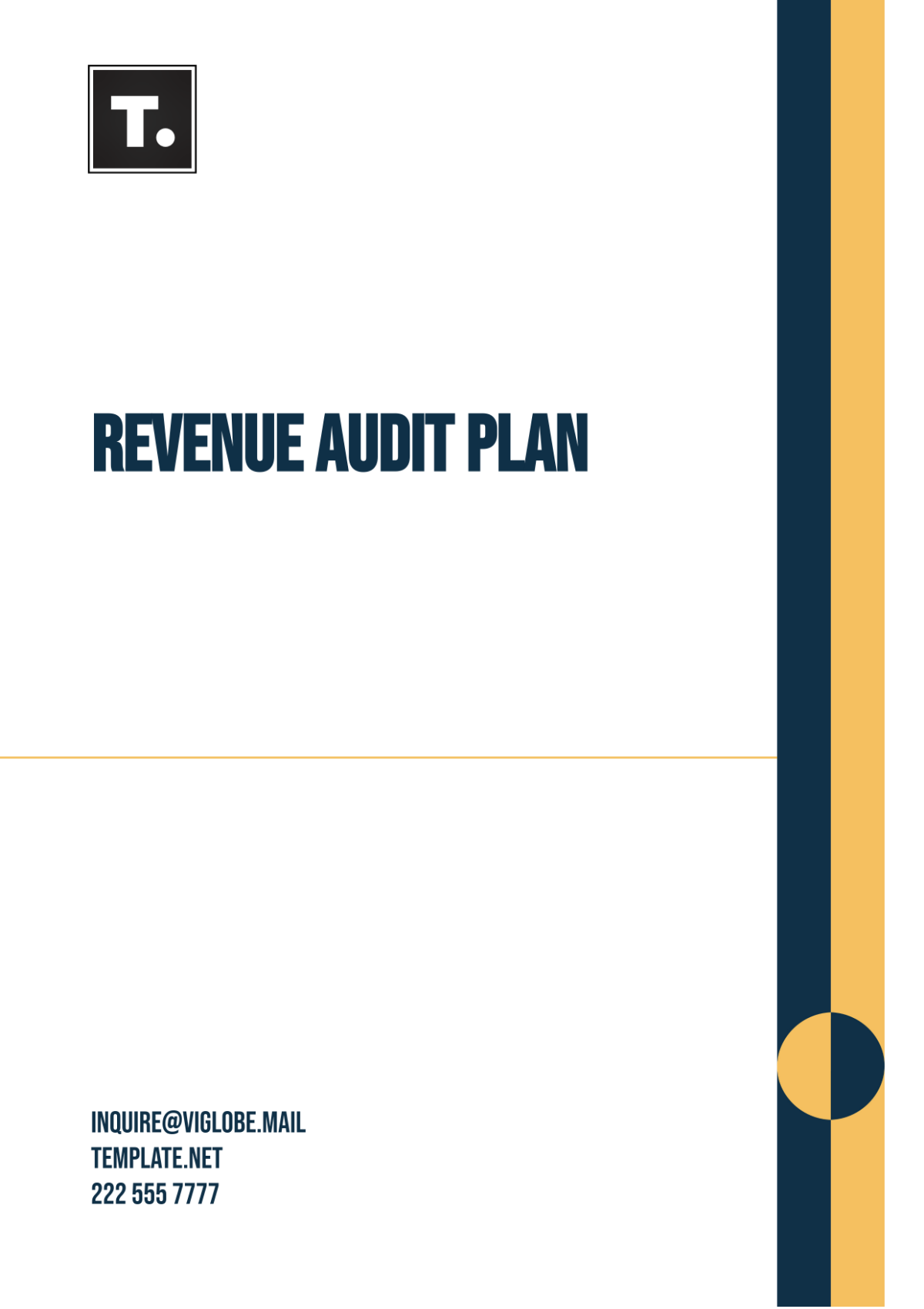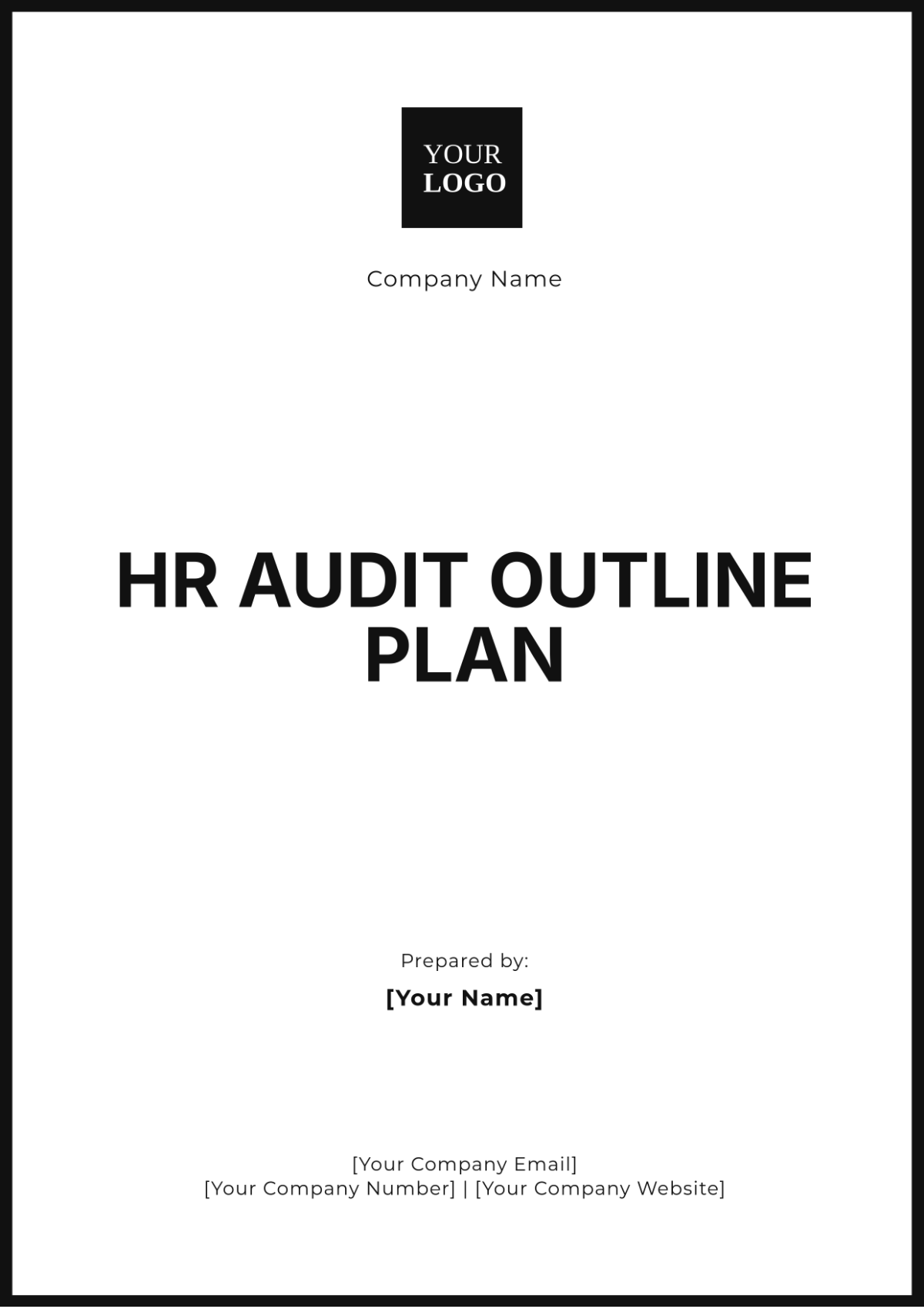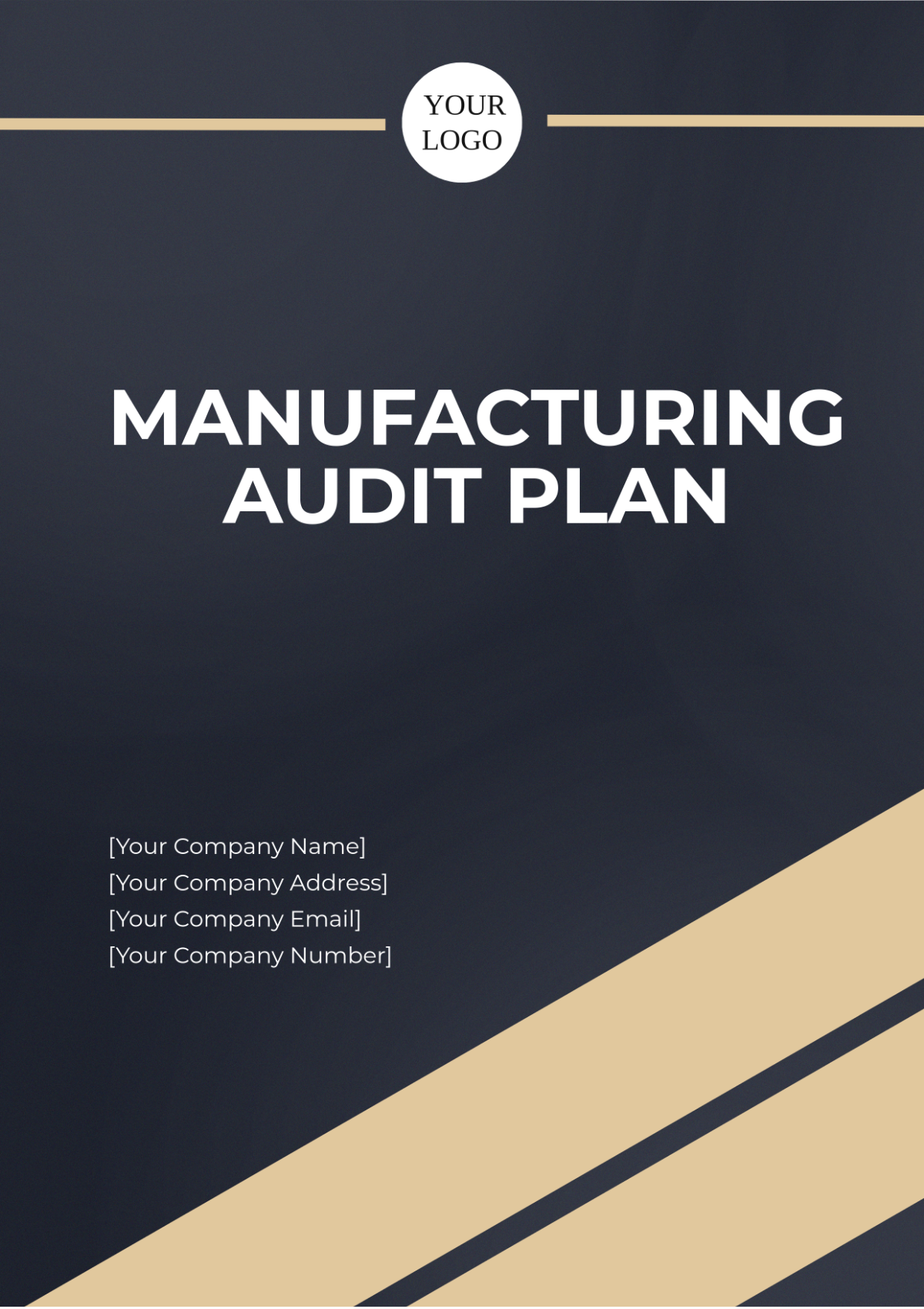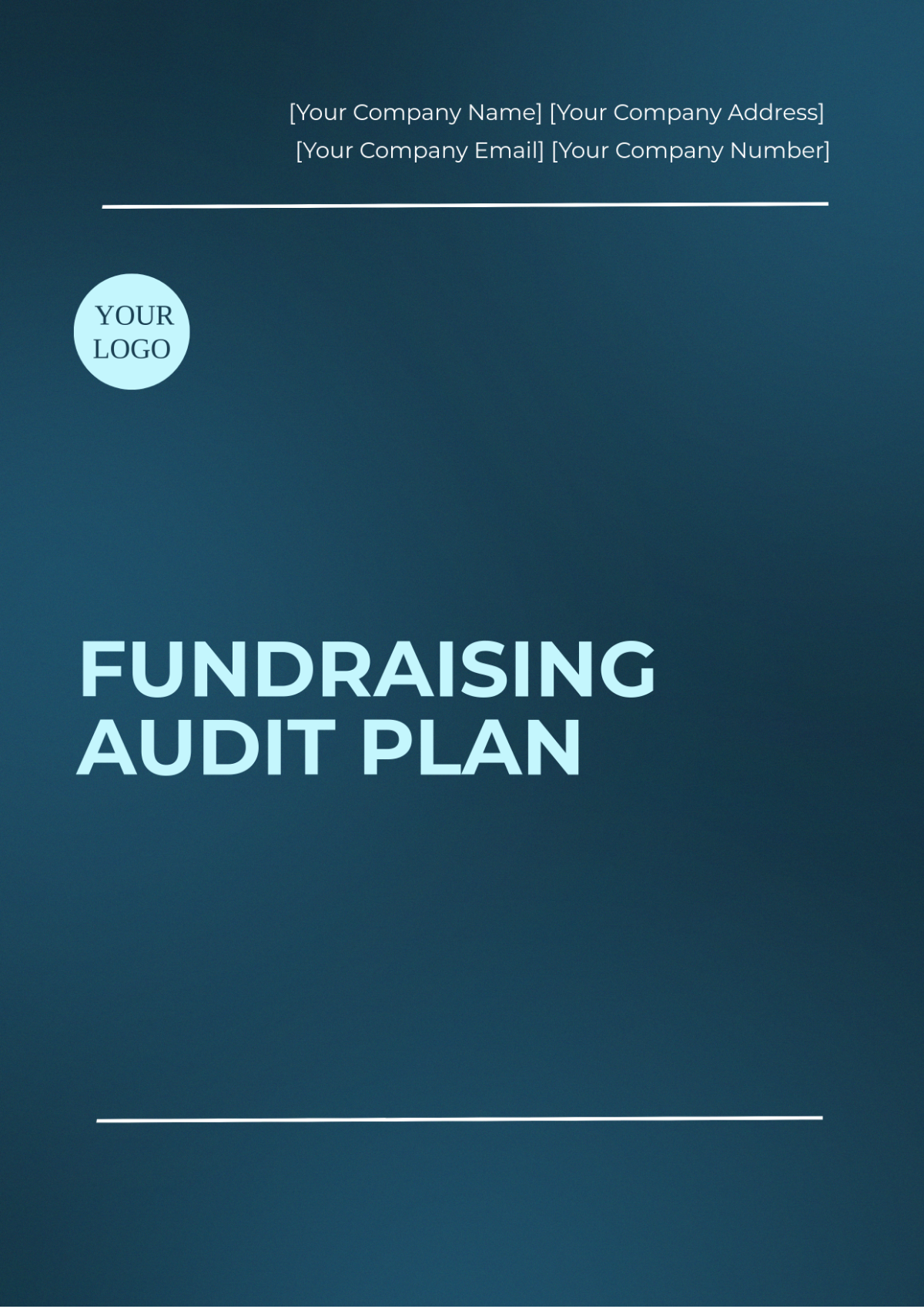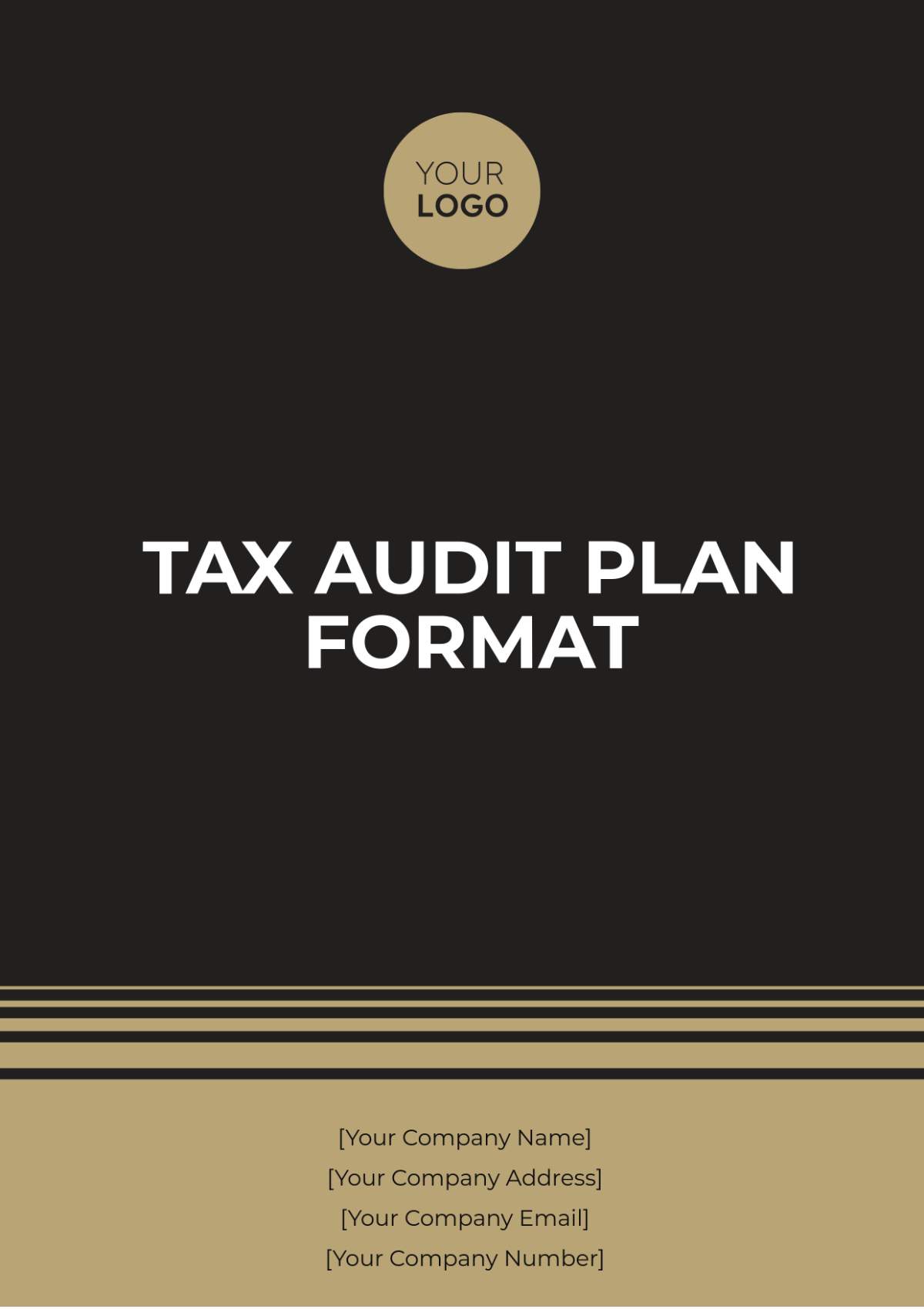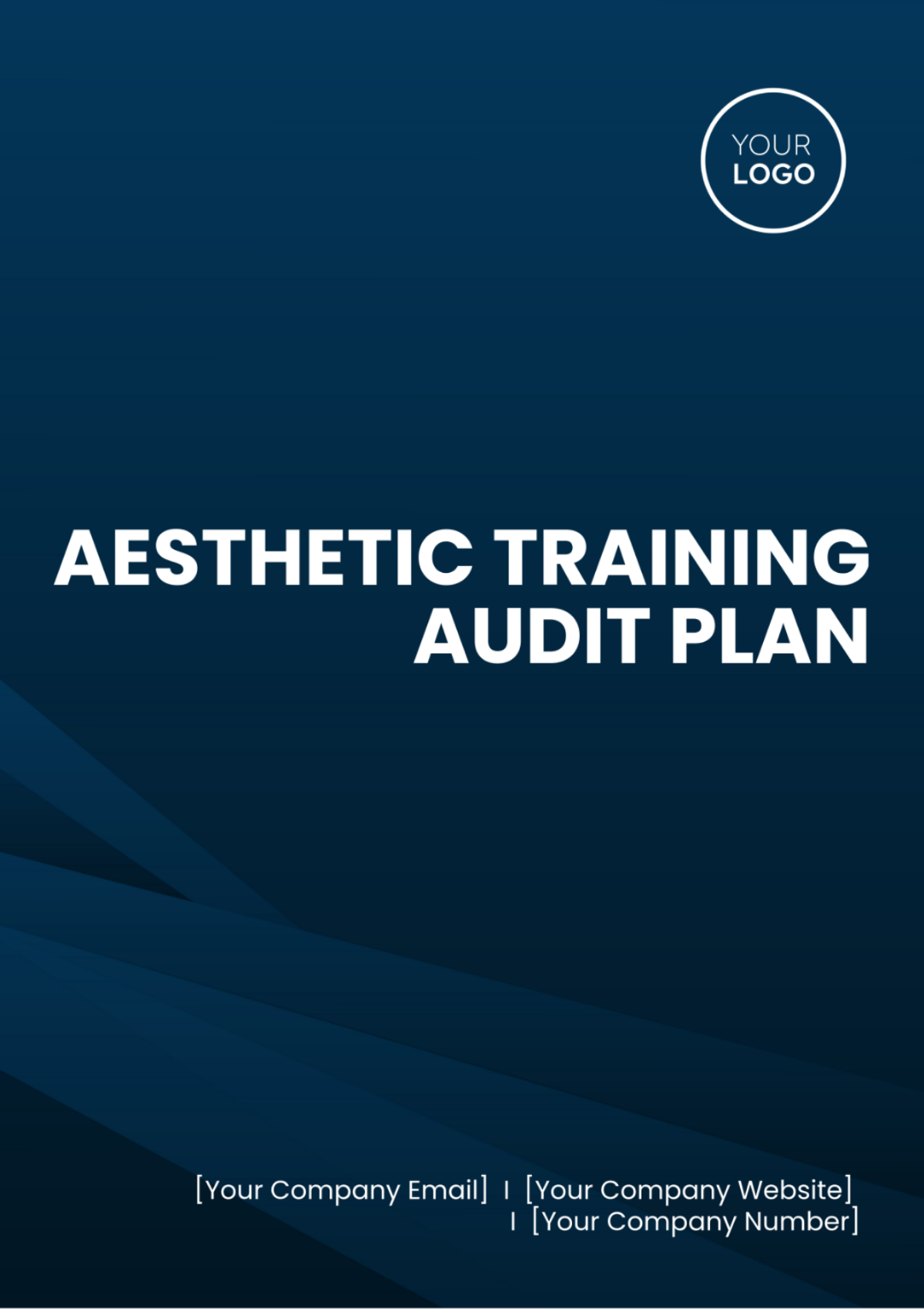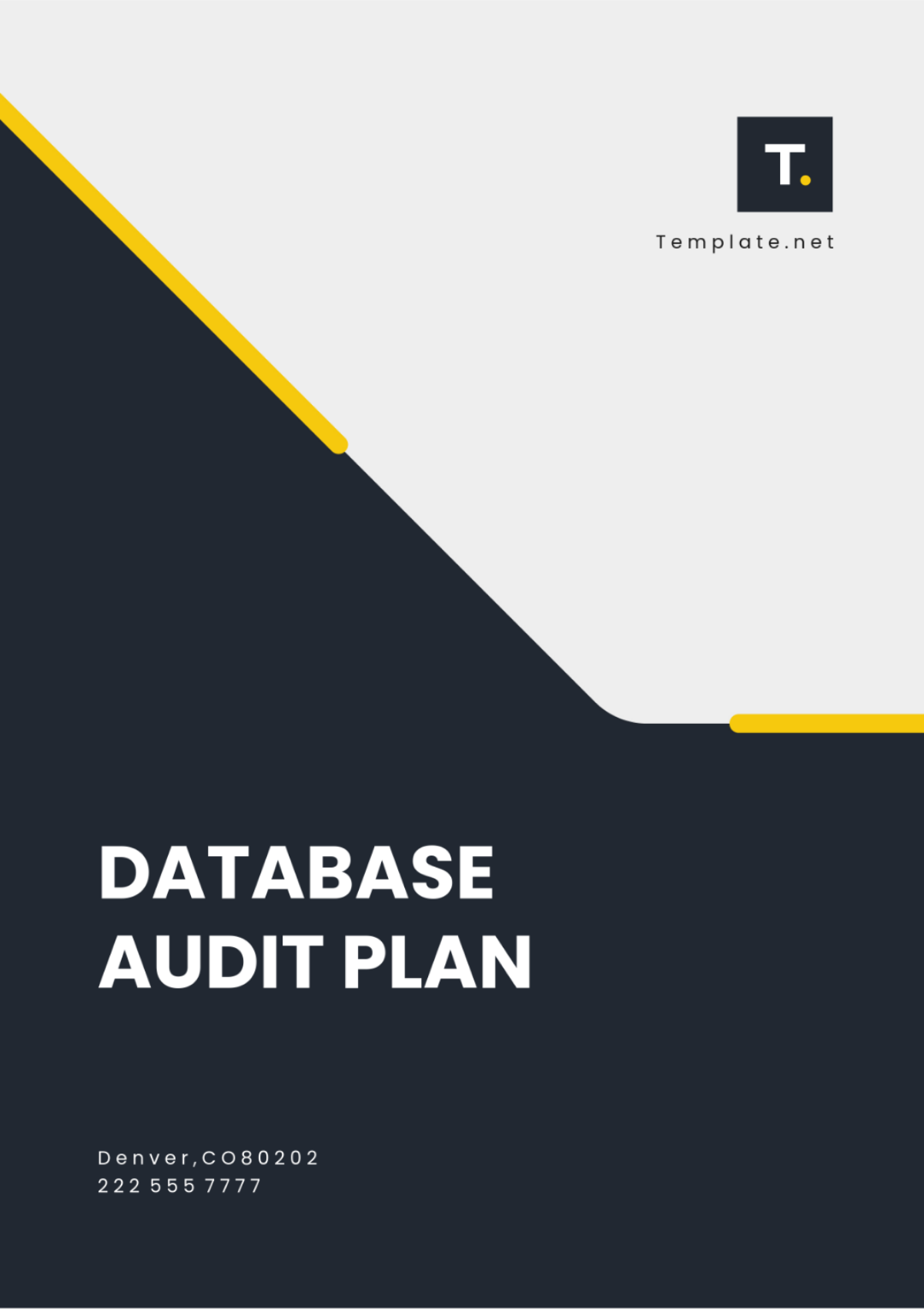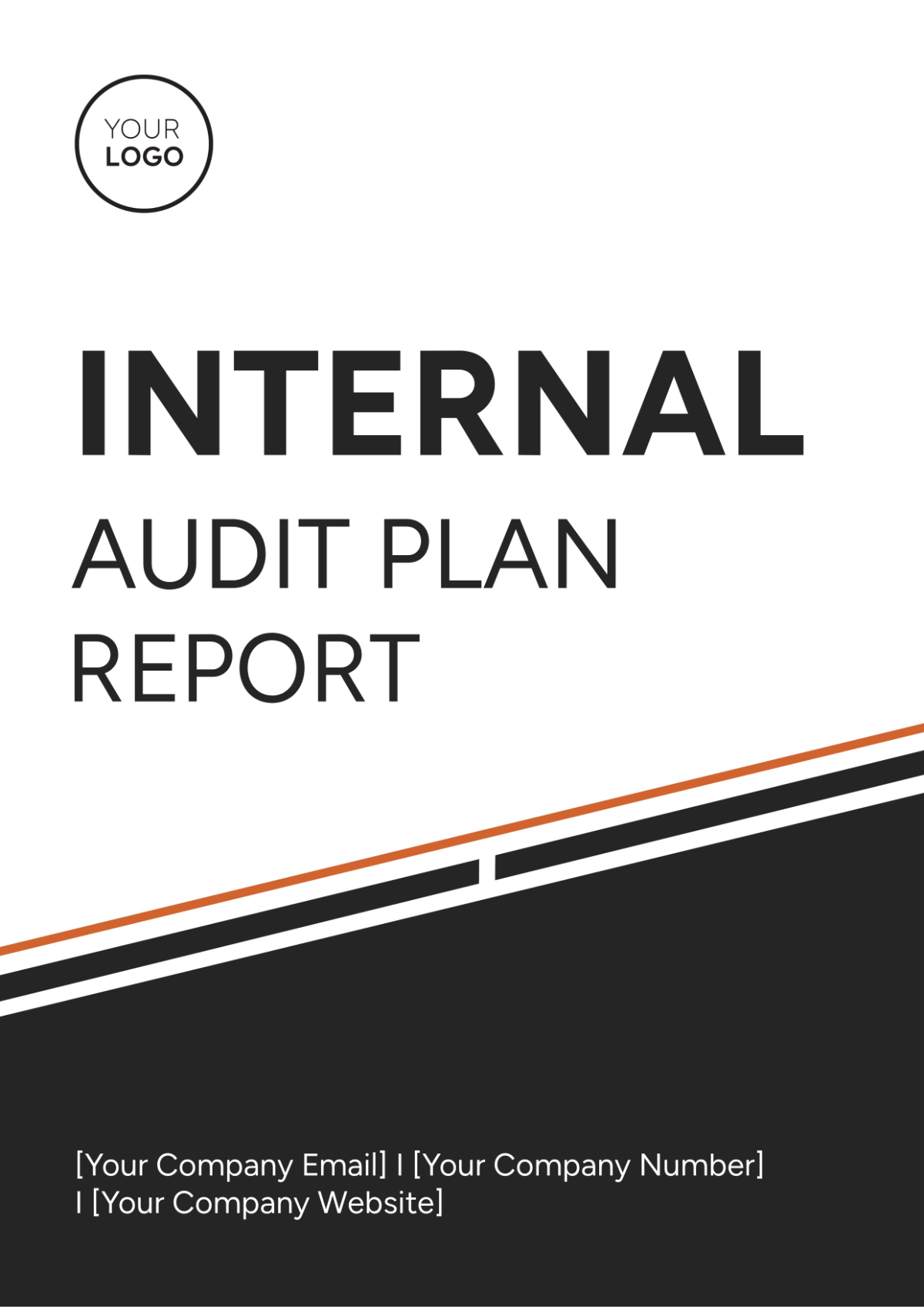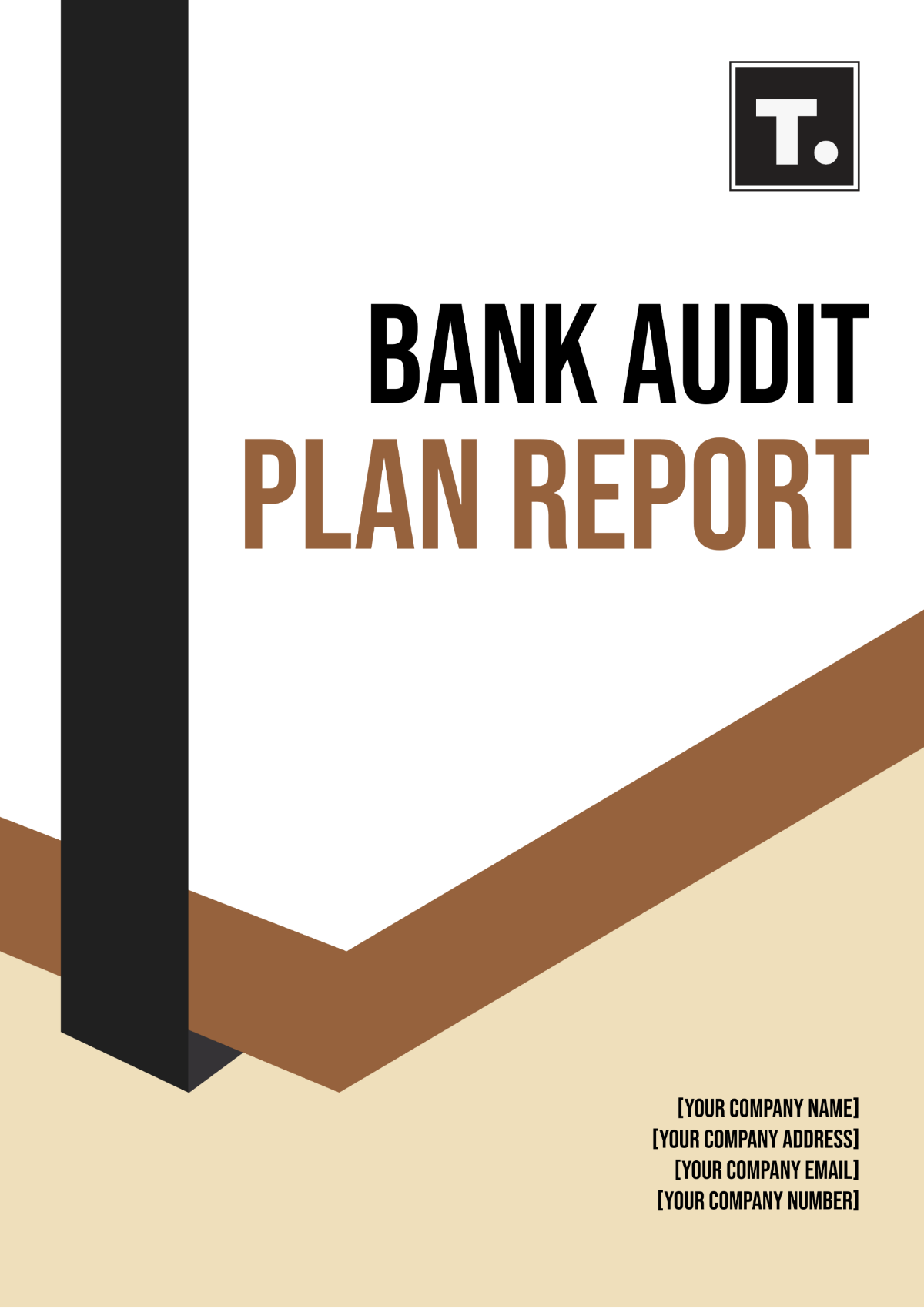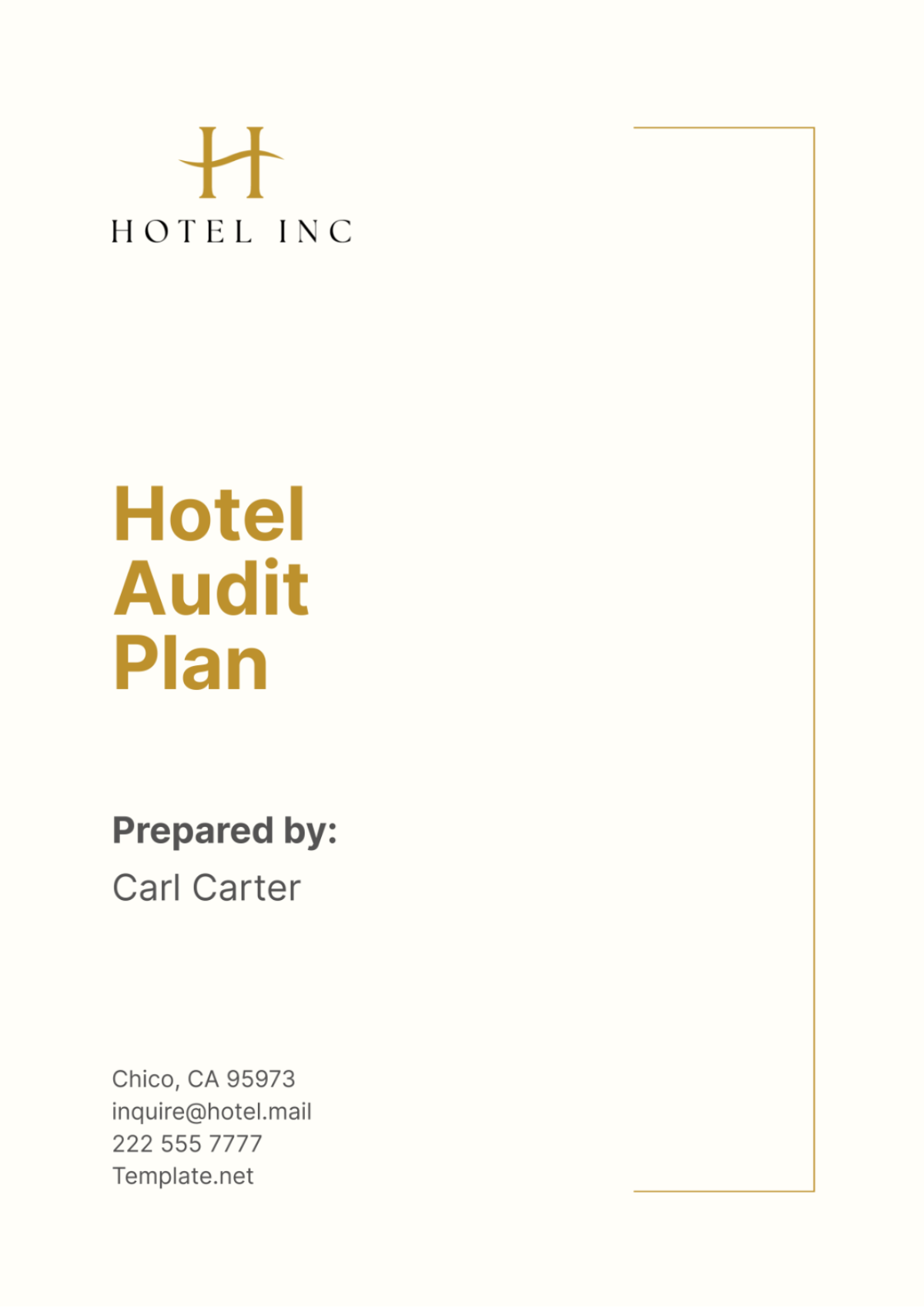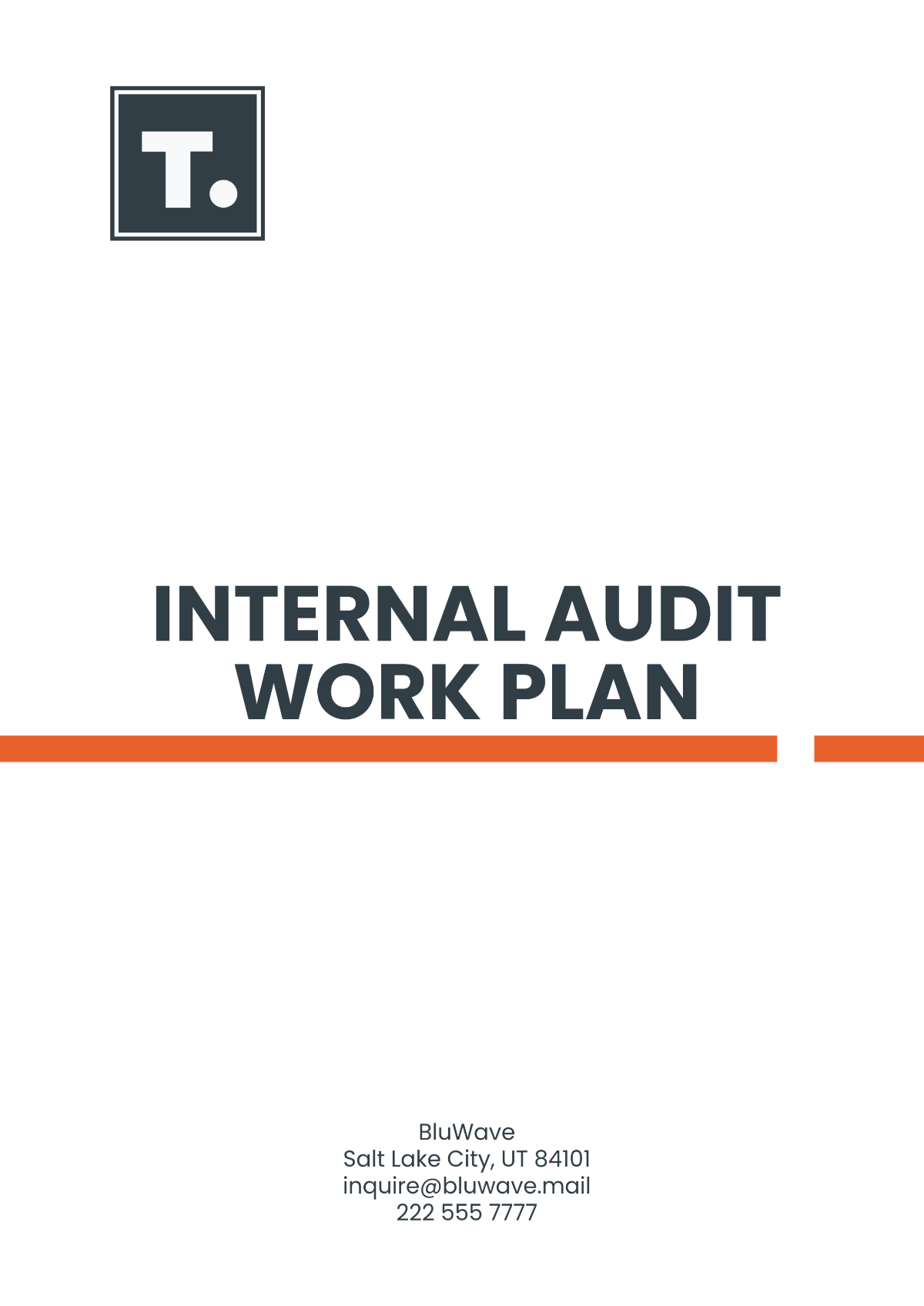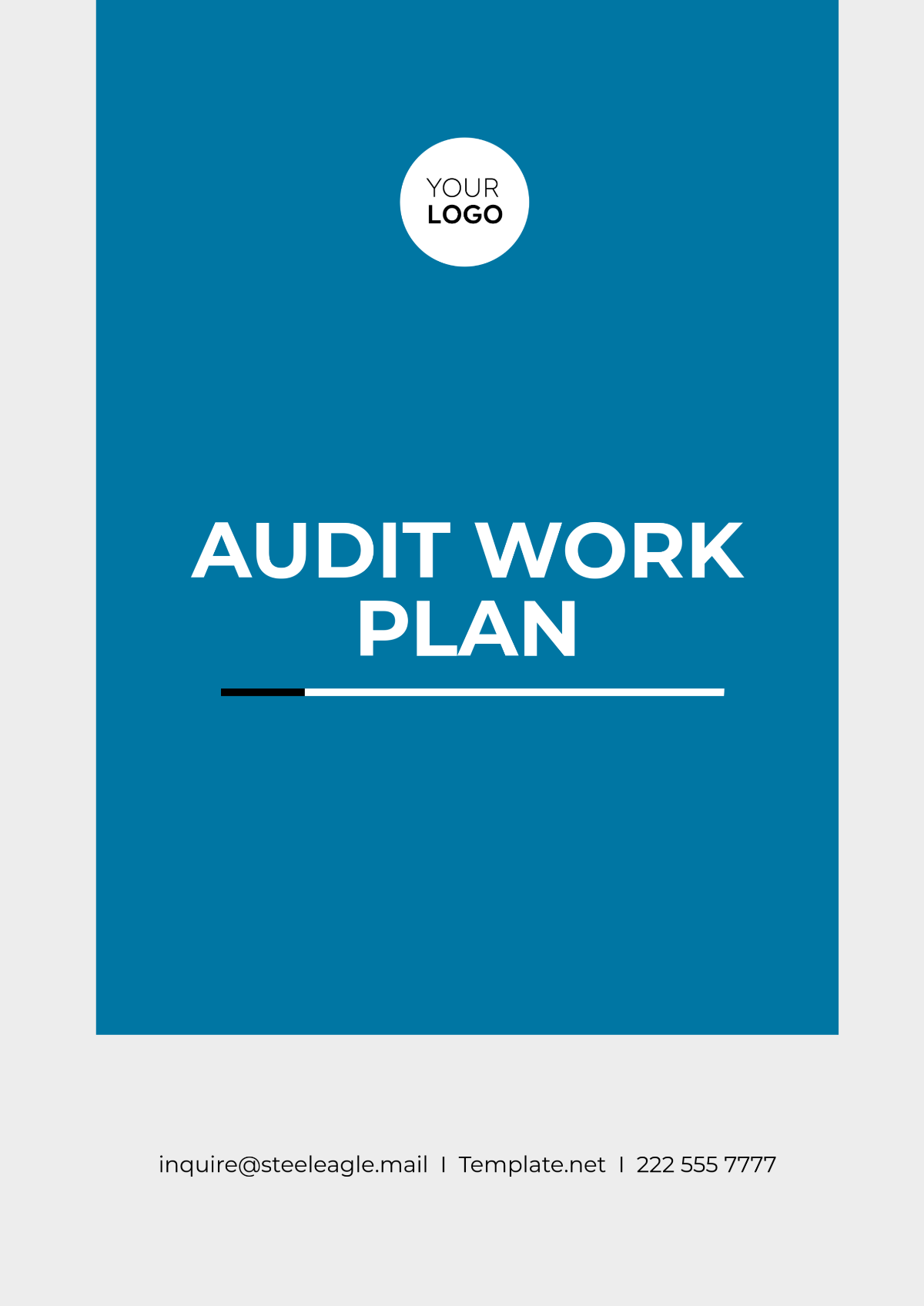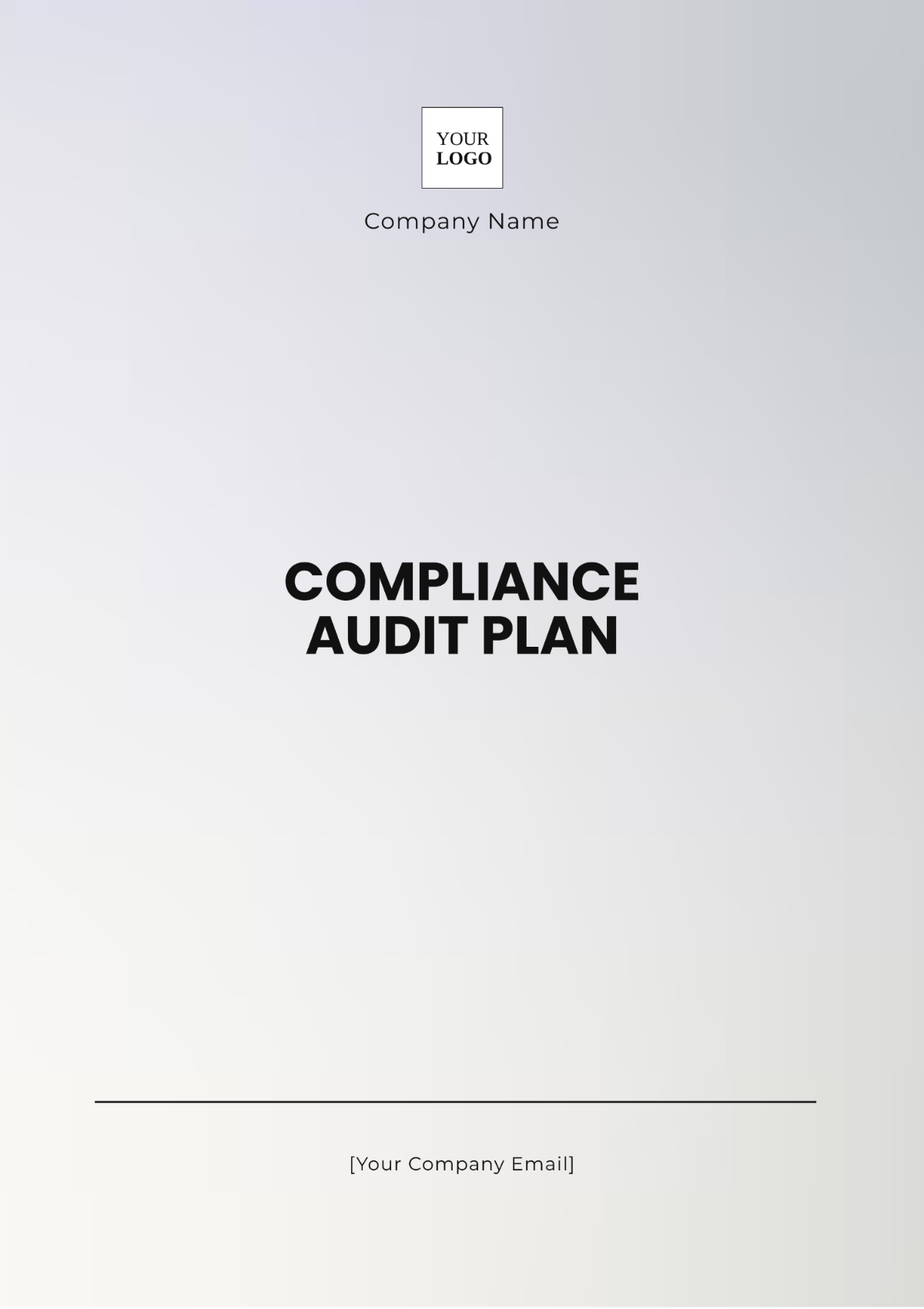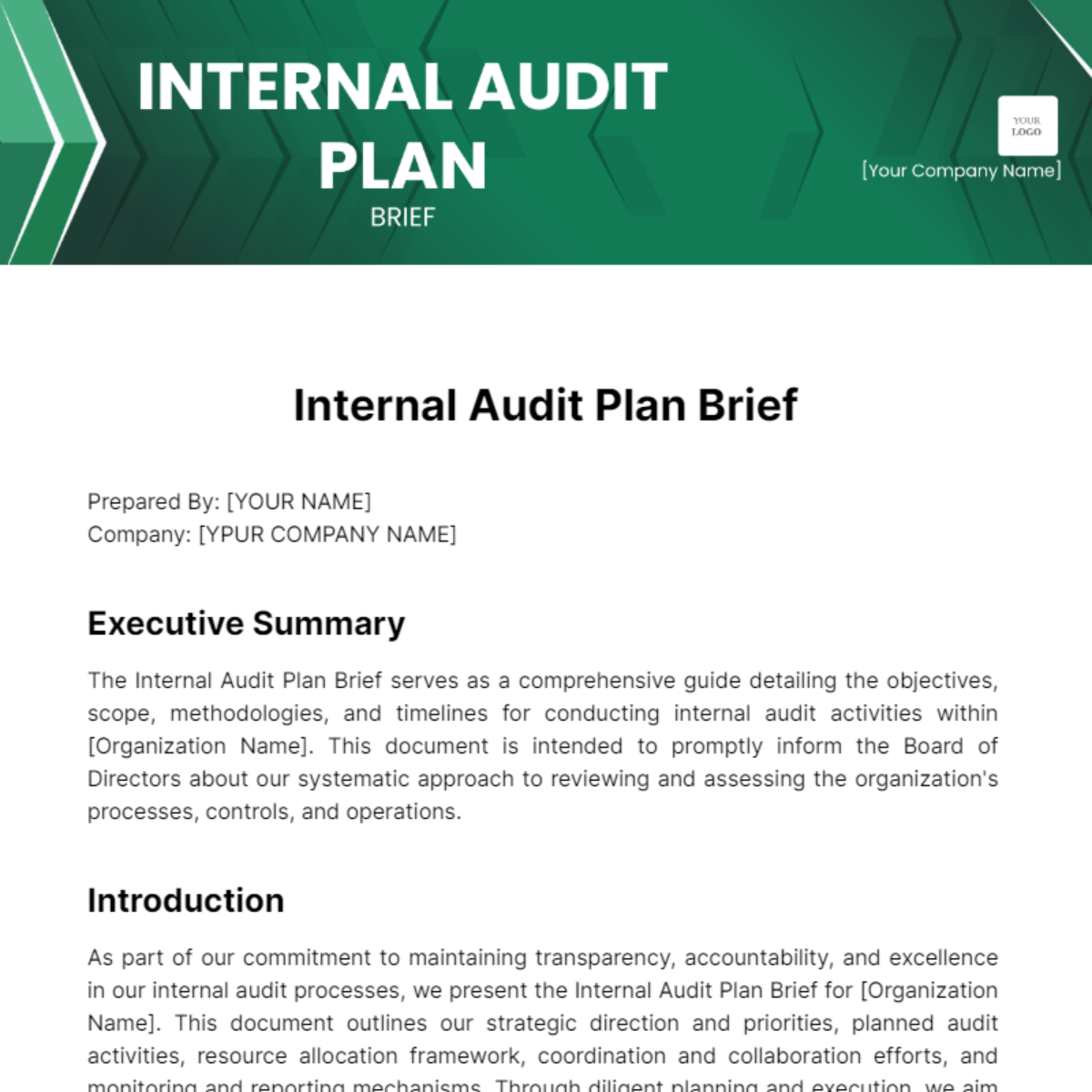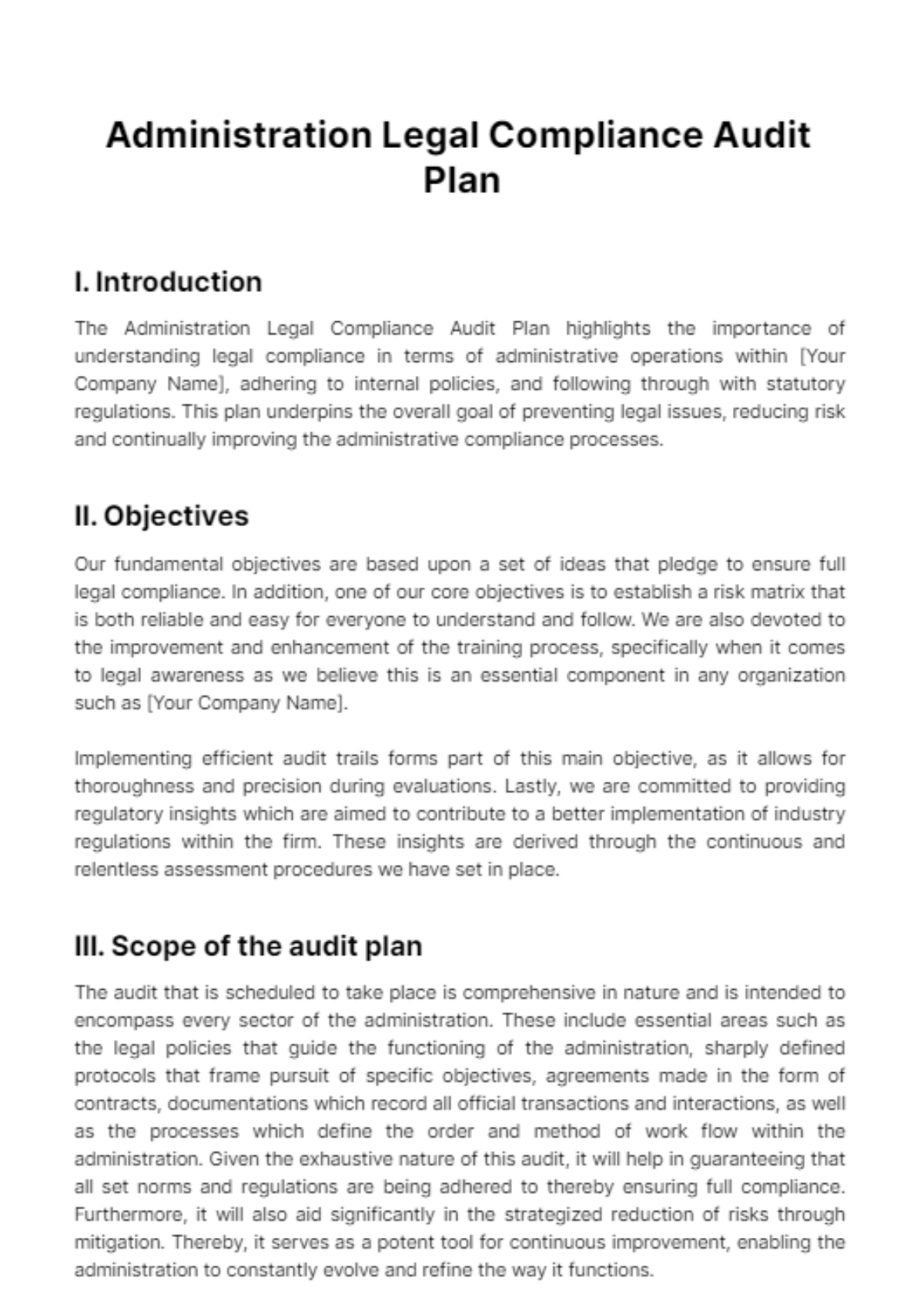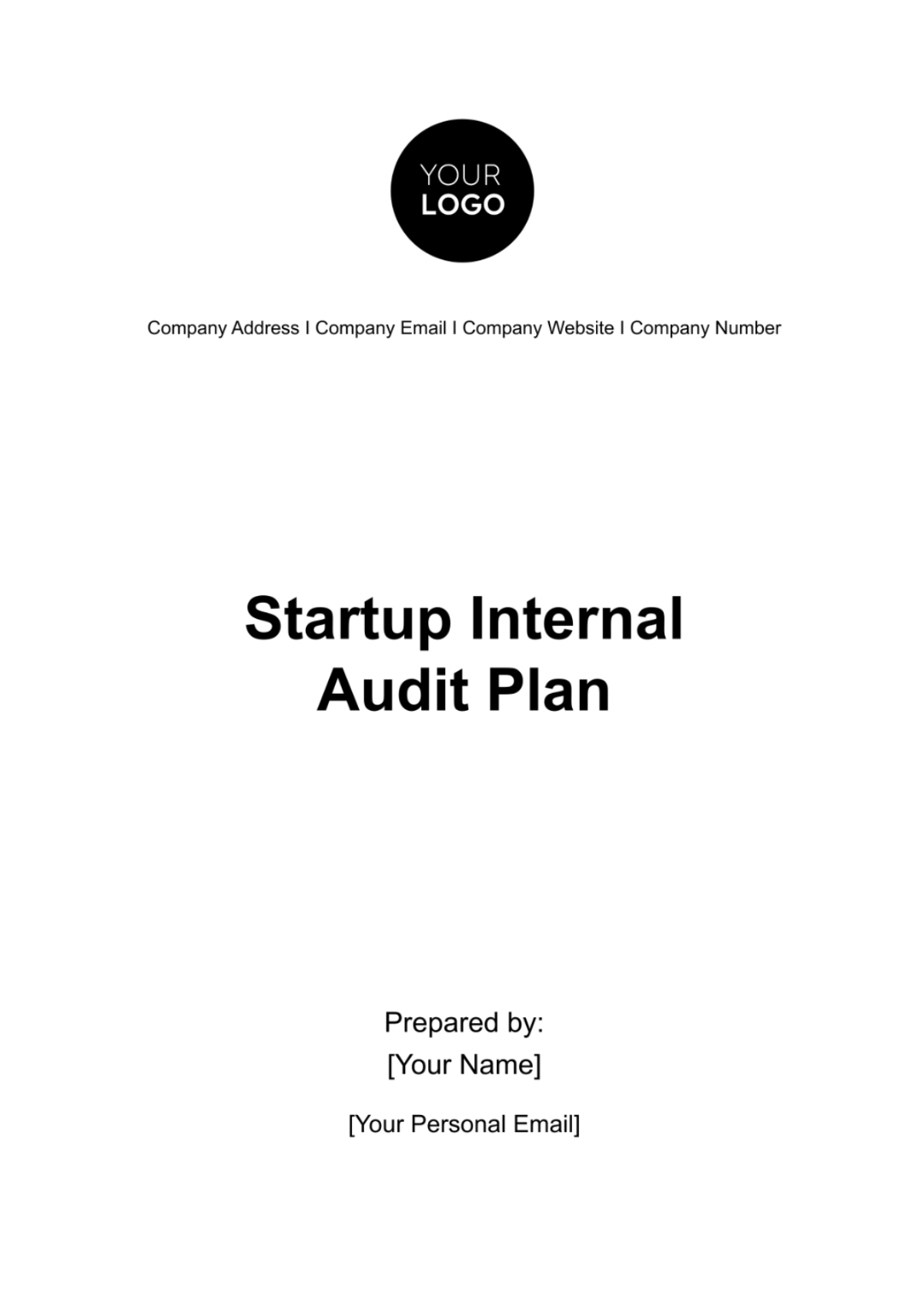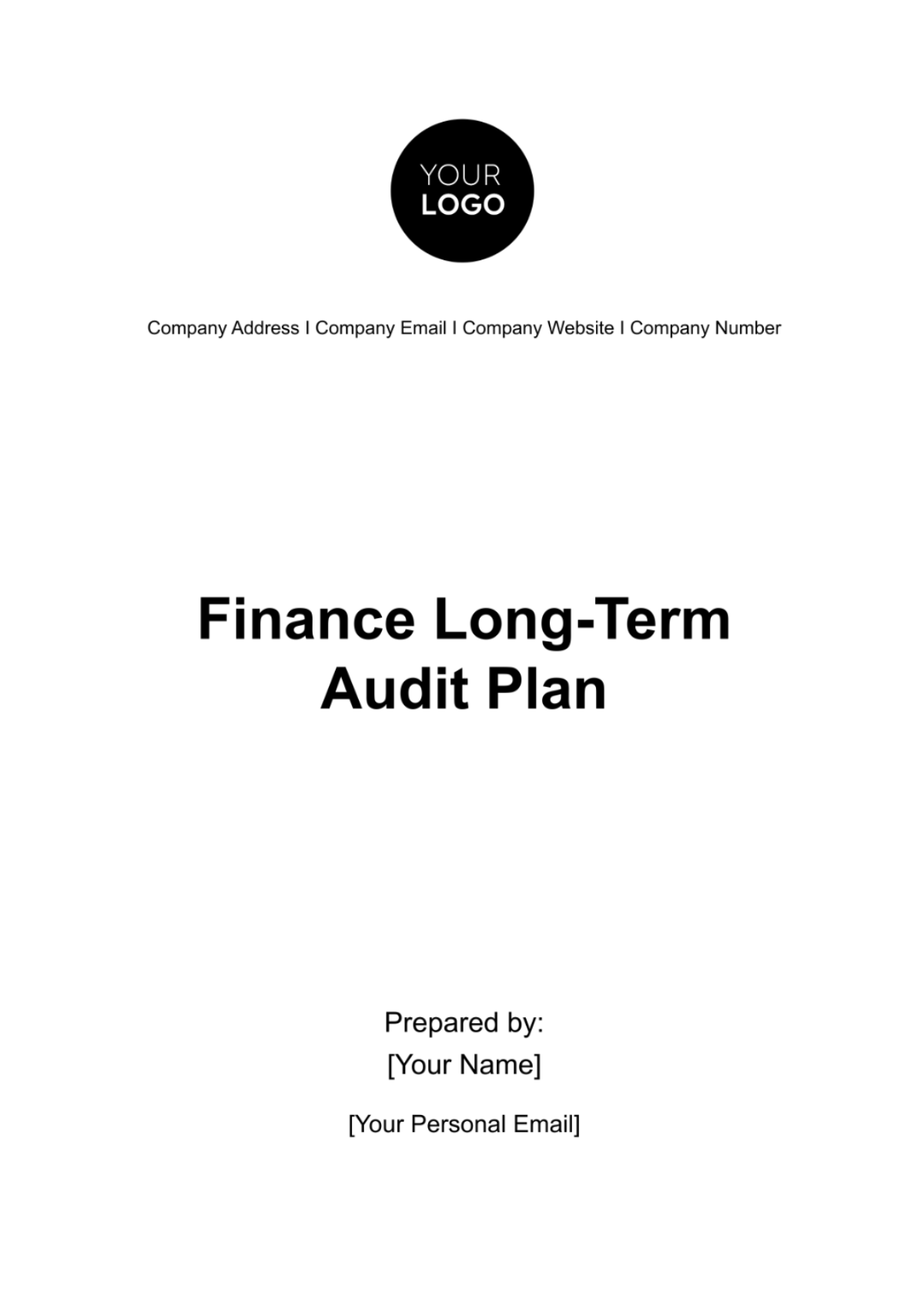Audit Plan
1. Audit Overview
Audit Title: Operational Efficiency and Compliance Audit
Department/Process Audited: Procurement Department – Global Supply Chain Division
Auditor(s): Jane Smith (Lead Auditor), Michael Brown (Senior Auditor), Laura Johnson (Auditor)
Audit Date(s): Fieldwork: March 1 – March 10, 2060
Report Submission: March 20, 2060Location: Headquarters – Orion Global Logistics, New York, NY
Audit Type: Internal Operational & Compliance Audit (Annual)
2. Audit Objectives
Purpose of Audit:
The primary objective of this audit is to evaluate the efficiency and compliance of the procurement process within the Global Supply Chain Division. Specifically, we aim to:Assess adherence to internal procurement policies and regulatory requirements (ISO 9001 and relevant federal procurement laws).
Identify potential risks related to vendor selection and contract management.
Evaluate the effectiveness of cost-saving measures implemented in the last fiscal year.
Scope of Audit:
The audit will focus on all procurement activities between January 2059 and December 2059, including vendor evaluations, contract renewals, and purchase orders exceeding $500,000. It will also cover key performance indicators related to cost savings and compliance.Key Risks/Issues to Address:
Non-compliance with procurement regulations and internal policies.
Inadequate vendor performance tracking or risk management.
Over-budget or inefficient procurement cycles.
3. Audit Criteria
Standards/Regulations:
The audit will assess compliance based on the following:ISO 9001:2059 – Quality Management Systems Standard.
U.S. Federal Acquisition Regulations (FAR), particularly for contracts exceeding $1M.
Internal Procurement Policy Manual – Version updated January 2060.
Policies and Procedures:
The audit will evaluate the procurement procedures outlined in the company's Global Procurement Procedures Guide, specifically focusing on vendor management, procurement authority limits, and risk management protocols.
4. Audit Approach/Methodology
Audit Type and Frequency:
This annual internal audit of procurement processes focuses on operational efficiency and compliance with standards.Data Collection Methods:
Data will be gathered through:Document Review: Contracts, purchase orders, vendor assessments, and internal reports.
Interviews: Procurement managers, finance officers, and key vendor liaisons.
Data Analysis: Review procurement trends, cost savings, and vendor performance metrics.
Site Visits: Visits to key vendor sites for on-the-ground assessment of compliance.
Sampling Strategy:
A risk-based selection will be employed, with a focus on high-value contracts exceeding $500,000, critical suppliers, and any outliers in procurement timelines.Tools and Techniques:
ProcureTrack 2060 – the company’s procurement management software – will be used for data extraction and analysis. Advanced data analytics and visualization tools such as PowerBI 10.0 will help identify patterns and discrepancies in procurement cycles.
5. Audit Schedule
Pre-Audit Planning Date: February 20, 2060
Fieldwork Start Date: March 1, 2060
Fieldwork End Date: March 10, 2060
Draft Report Submission: March 15, 2060
Final Report Submission: March 20, 2060
Audit Follow-up: April 10, 2060 – Follow-up with the procurement team on implementation of corrective actions, if any.
6. Audit Team Responsibilities
Lead Auditor:
Jane SmithResponsible for overseeing the entire audit process, including planning, fieldwork coordination, and final report delivery.
Senior Auditor:
Michael BrownAssists with fieldwork, conducts interviews, and reviews vendor contracts. Specializes in compliance with ISO standards.
Auditor:
Laura JohnsonFocuses on data analysis, vendor performance metrics, and documenting audit findings.
External Auditors/Consultants:
PricewaterhouseCoopers – Engaged to provide external validation for high-risk contracts and provide additional expertise on federal procurement law compliance.
7. Audit Checklist
The audit will cover the following key items:
Vendor Contracts – Review 15 high-value contracts (> $500,000) to check for compliance with company standards and federal laws.
Purchase Orders – Ensure all POs over $250,000 have been authorized and processed in line with the internal procurement policy.
Vendor Risk Assessments – Verify whether regular vendor risk assessments were conducted and if any action was taken for high-risk vendors.
Cost-Saving Initiatives – Review and validate the reported $2 million in cost savings achieved in FY 2059 through procurement strategies.
Procurement Cycle Times – Assess the time taken from requisition to final procurement and identify areas for improvement if cycle times exceed 30 days.
8. Deliverables
Audit Report:
The final report will provide a comprehensive overview of the audit findings, categorized by compliance and operational efficiency. The report will include:Executive Summary
Detailed Audit Findings with supporting documentation
Recommendations for improvement
Compliance Score (from ISO standards perspective)
Recommendations:
Based on the findings, we will provide specific, actionable recommendations, such as enhancing vendor management processes, revising contract terms, or implementing stricter cost-control mechanisms.Management Response:
The procurement team will be required to provide a written response within 10 business days of receiving the final report. This response will outline corrective actions taken and target dates for implementation.
9. Key Stakeholders
Auditee(s):
John Doe – Procurement Manager, Global Supply Chain Division
Emily Wilson – Senior Contracts Manager, Procurement Department
David Lee – CFO, Finance DepartmentSenior Management:
Sophia Martinez – COO, Orion Global Logistics
Ethan Carter – Director of Supply Chain OperationsBoard of Directors (if applicable):
Audit Committee, Board of Directors
